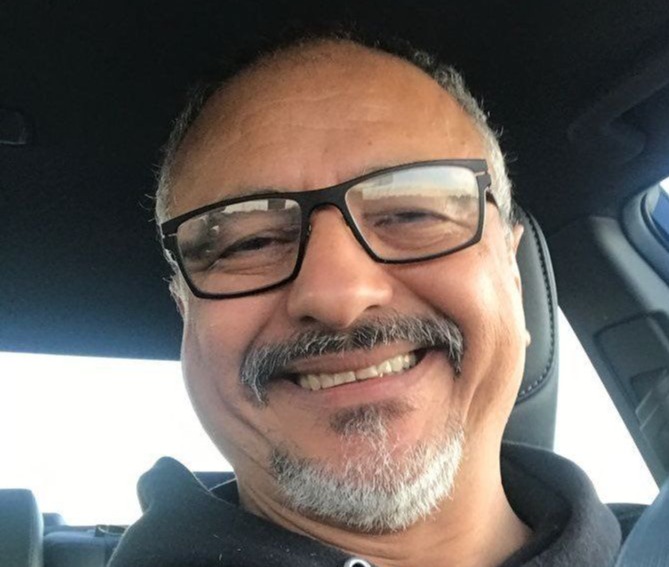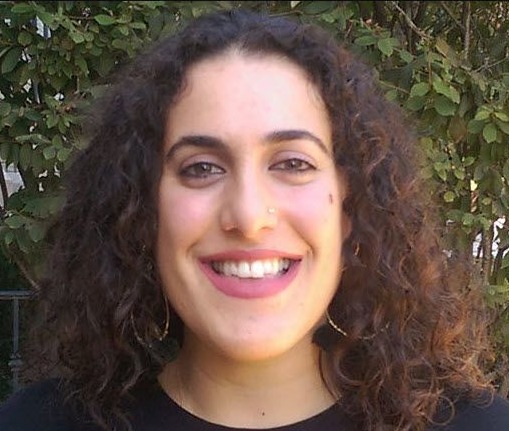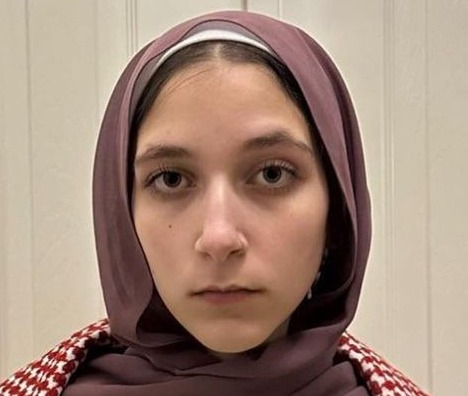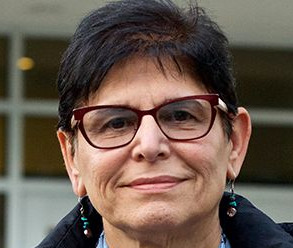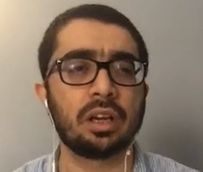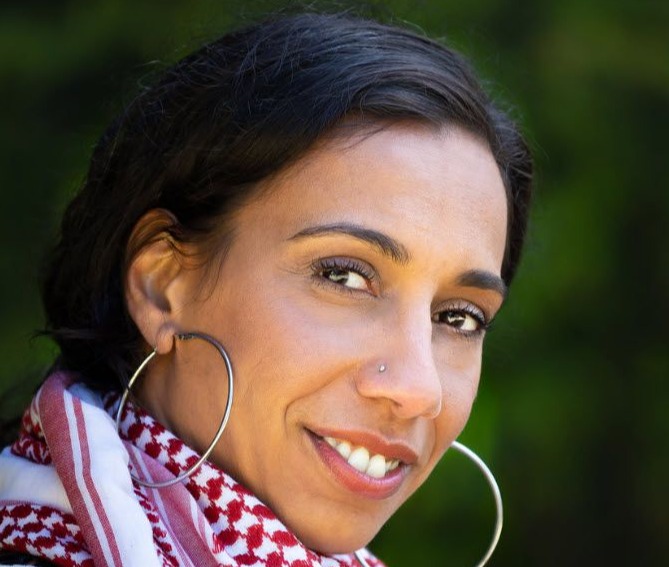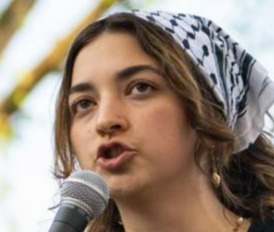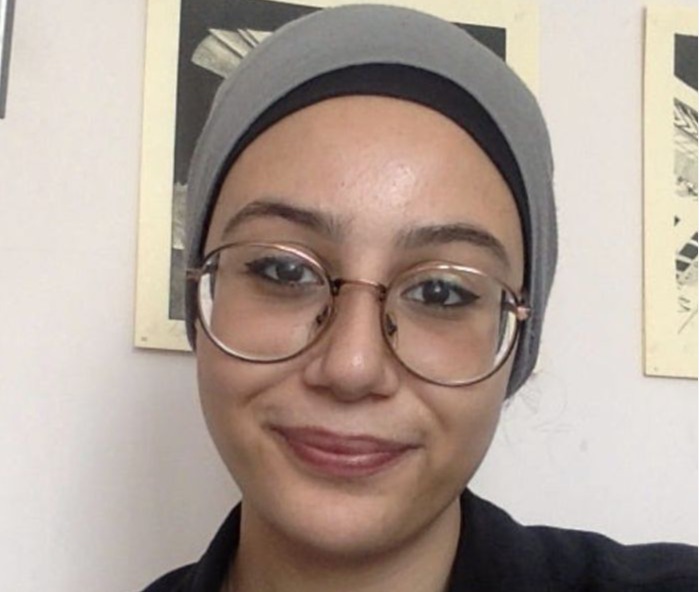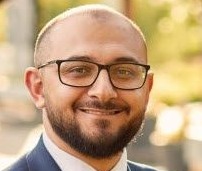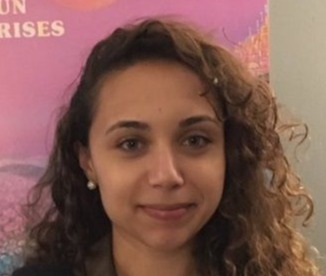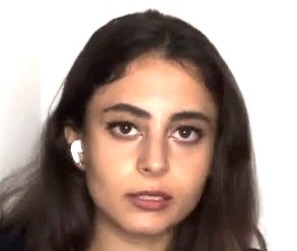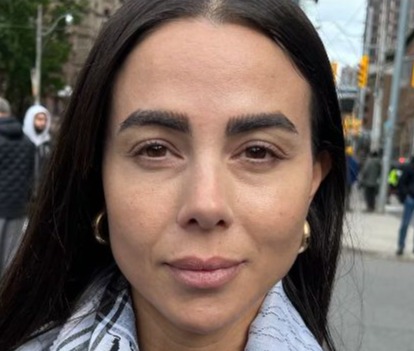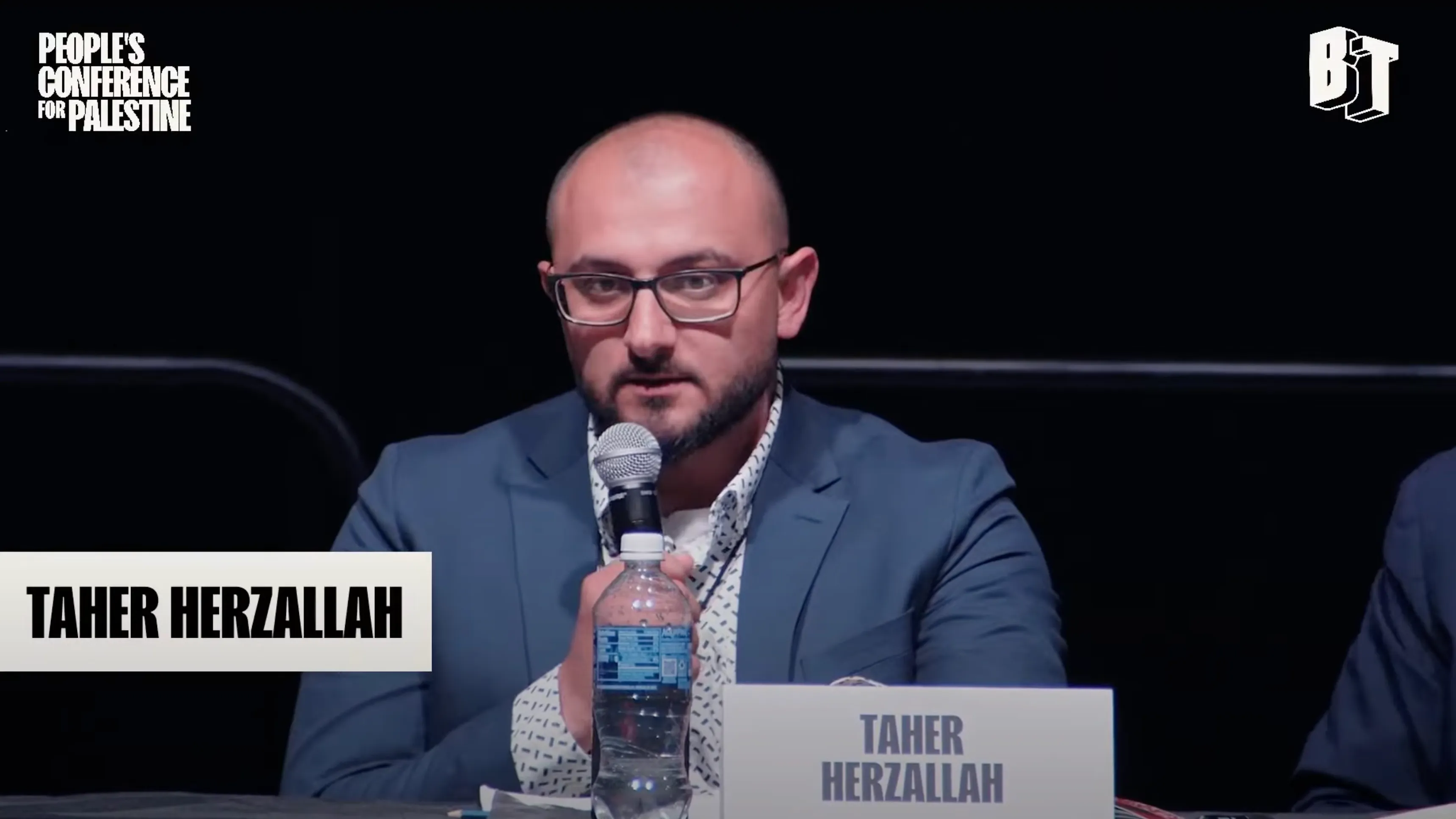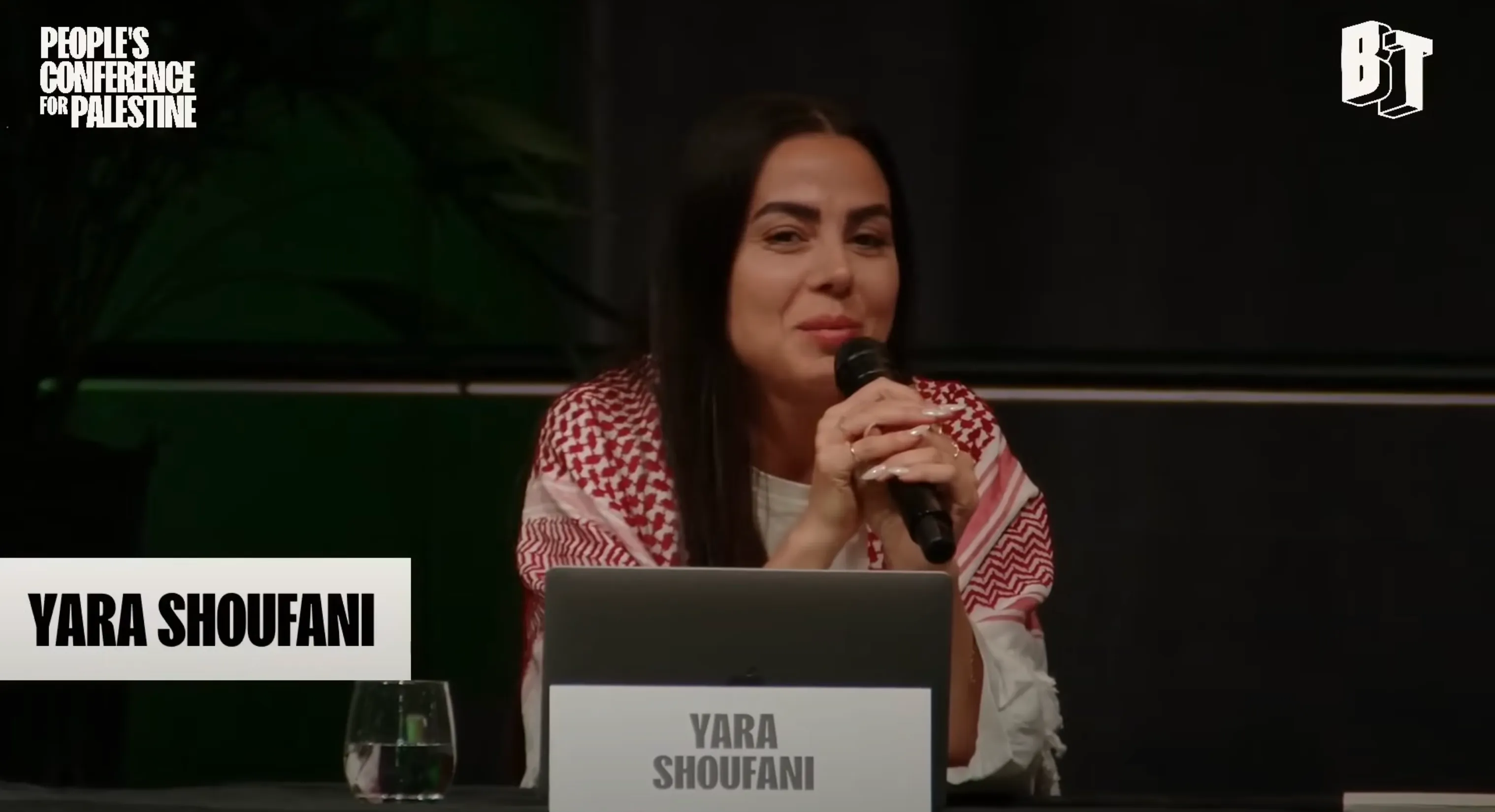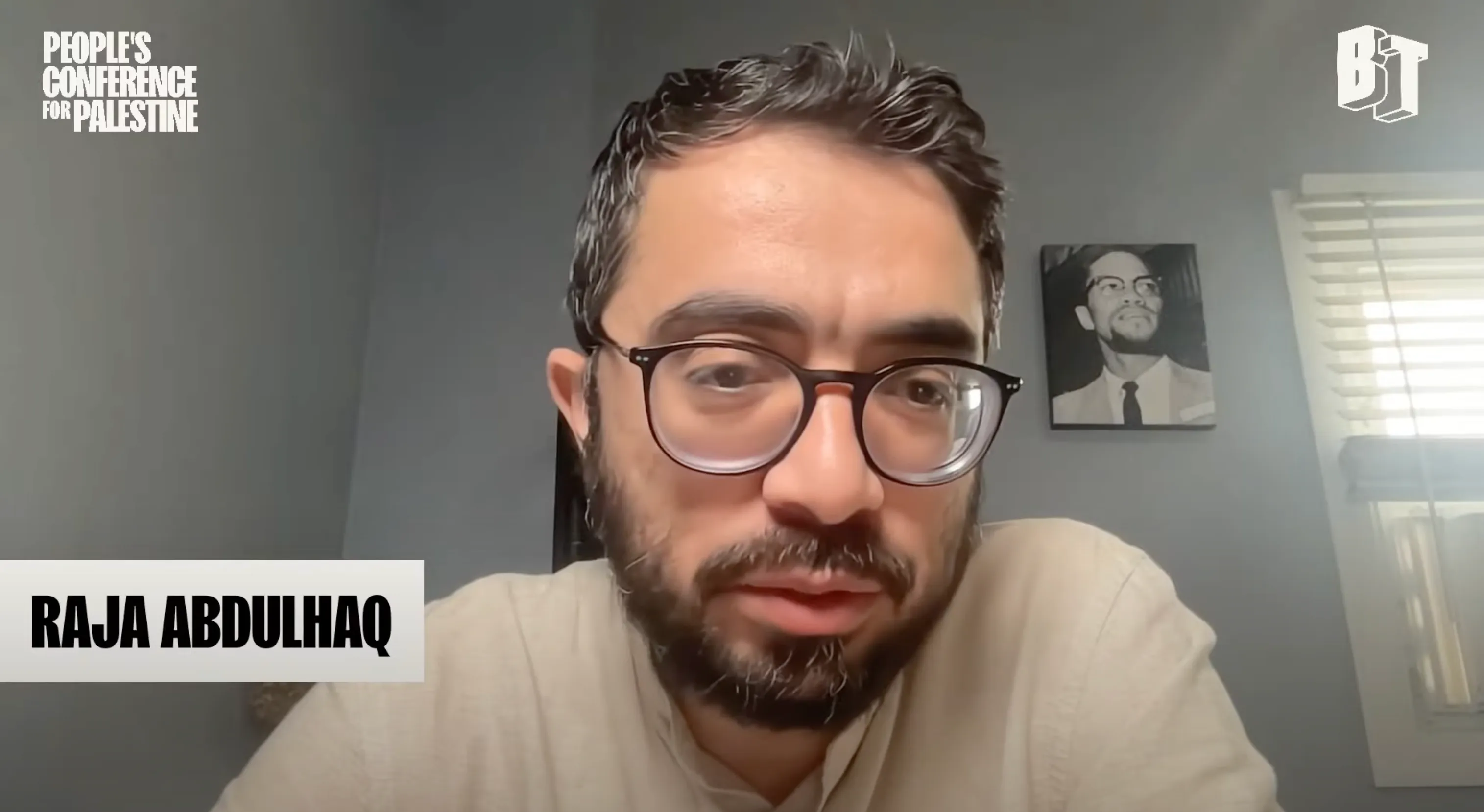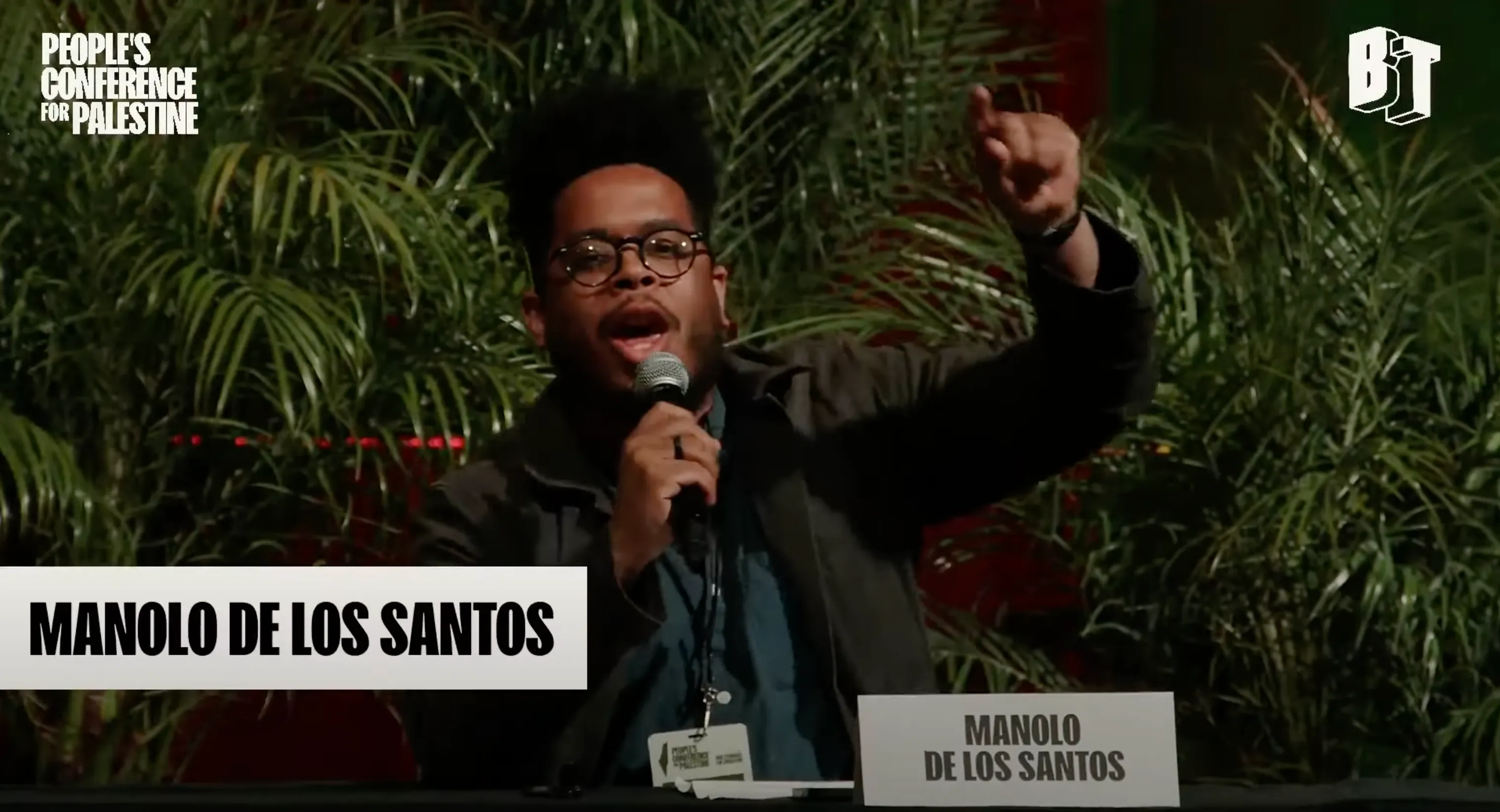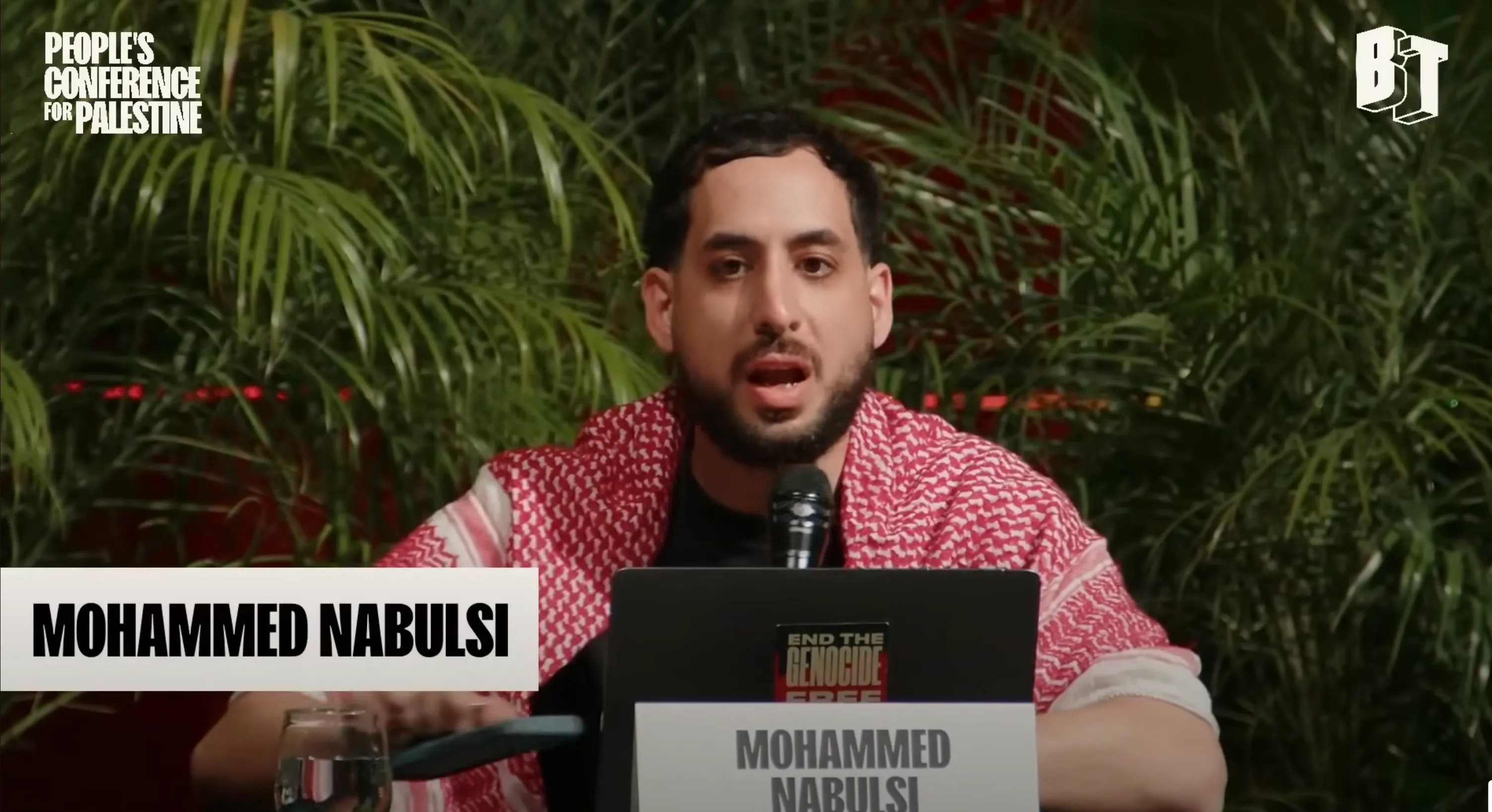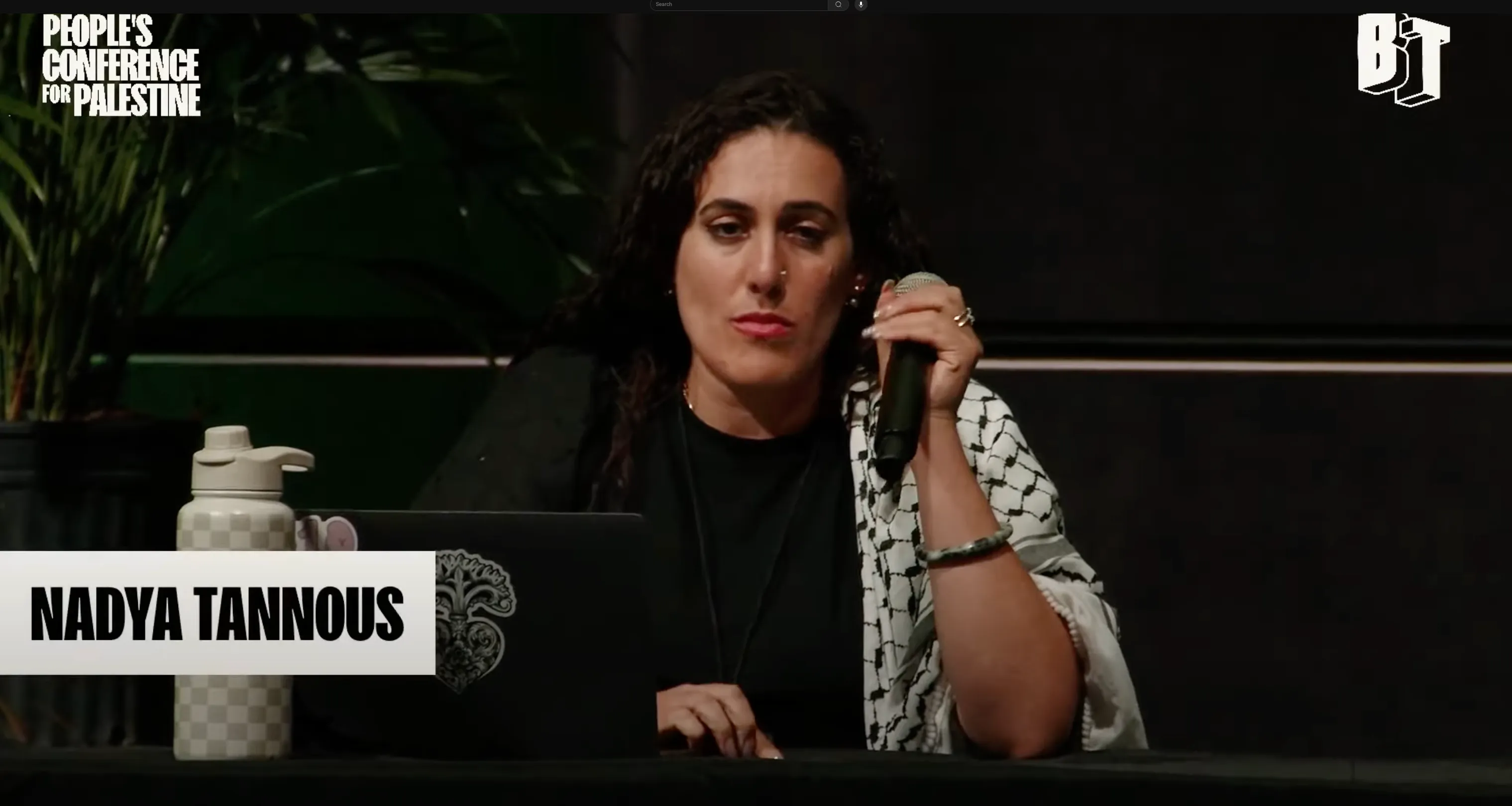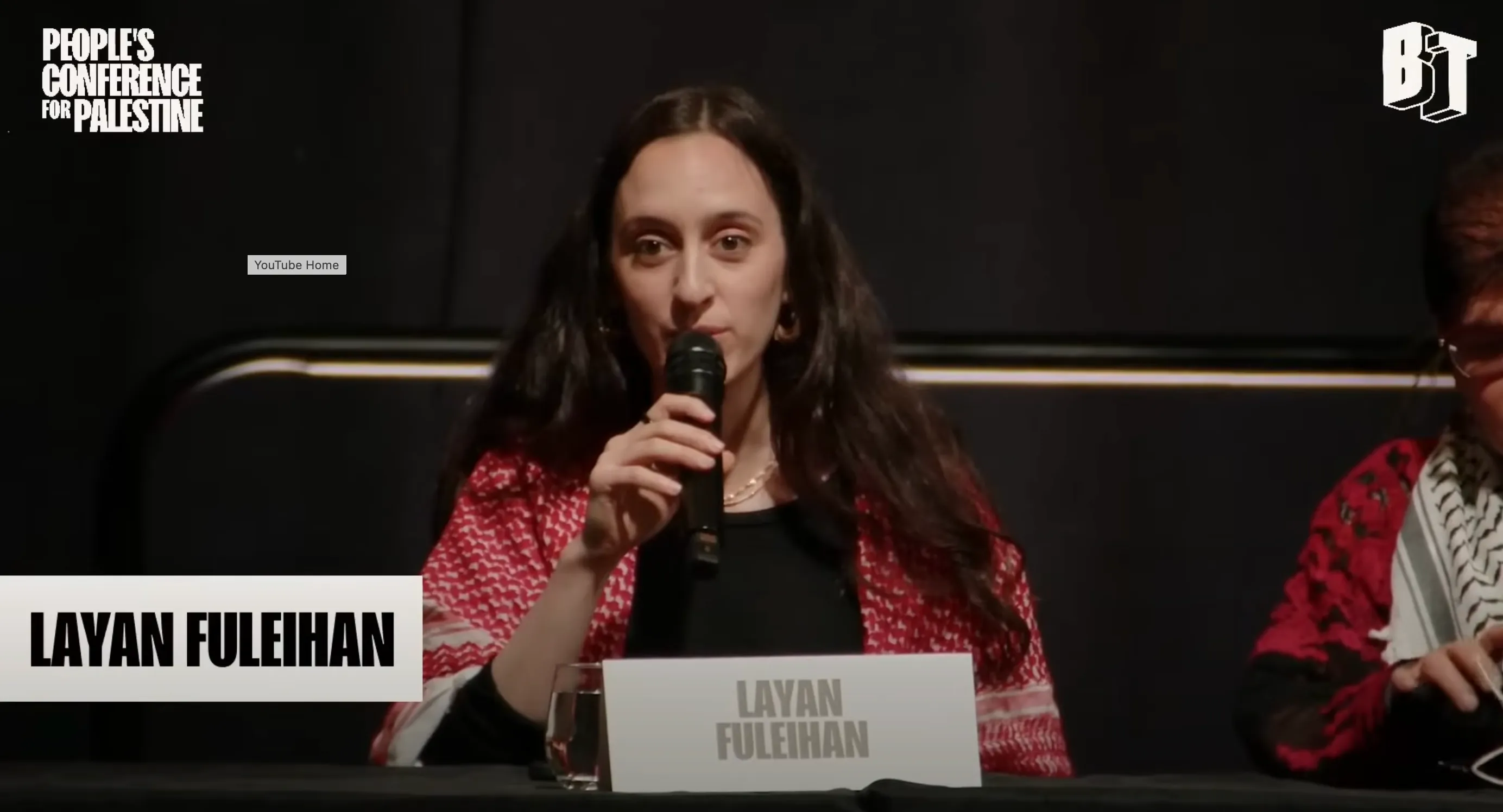Bringing the War Home
The Palestinian War on America
Bringing the War Home
The Palestinian War on America
5 Ways to Fight Back
- Share the Video
- Subscribe to Canary Mission
- Follow Canary Mission on X and Instagram
- Write to your Congressperson, and ask them to investigate Rashida Tlaib’s involvement with the conference
- Help us grow - Donate Now!
The Palestinian War on America
Executive Summary
On October 7, Hamas declared war on Israel.
On October 8, their supporters declared war on America.
Canary Mission has been fighting antisemitism for a decade. During this time, one constant remains: where there is antisemitism, there is also a deep-seated hatred of America and the West.
Organizations such as Within Our Lifetime (WOL), Students for Justice in Palestine (SJP), Palestinian Youth Movement (PYM), Al-Awda, the Palestine Right to Return Coalition, Samidoun and many others view the destruction of the State of Israel as the gateway to achieving the destruction of America.
Over the past year, these organizations have revealed their disturbing agenda to destroy America. Their tactics include violence against law enforcement, businesses, and civilians, along with acts of vandalism and efforts to disrupt key infrastructure like bridges, highways, and airports. They promote extremism by publicly displaying Hamas and Hezbollah flags while burning U.S. and Israeli flags.
This groundbreaking report primarily has two functions:
First, it highlights the strategies and tactics outlined at the “People’s Conference for Palestine,” held in Detroit, Michigan, May 24-26, 2024, where over 100 organizations and 3,000 participants gathered to make concrete plans for anti-American action.
Second, it names key players behind the conference and the disruption that has plagued universities and public spaces over the past year.
The Palestinian-American movement orchestrating the noisy protests, violent rallies and destructive occupations of college campuses has promised to "escalate". It seeks to bring the United States to its knees. As they say, “Empire [USA] must fall.”
These threats to the U.S. can no longer be ignored by law enforcement, government officials and concerned citizens.
Key Findings
The primary goal of the anti-Israel movement is undermining the United States and Western ideology. While it more publicly targets Zionism, its broader aim aligns with that of Iran–to weaken the West from within, with the ultimate goal being its complete destruction (hence, “bringing the war home”).
A May 2024 conference in Detroit, MI, the People’s Conference for Palestine, gathered anti-Israel activists and intersectional allies to strategize and advance their shared goals of dismantling Zionism and undermining America. They celebrated violent “resistance” (i.e. terrorism) and discussed tactics for mass mobilization and internal disruption of American society, institutions and government.
Congresswoman Rashida Tlaib (D-MI) spoke at the conference. Her warm reception speaks to the success of one of the movement’s goals: to infiltrate American institutions, including U.S. national politics.
The anti-Israel movement frames the United States as "empire," "the beast" or "the enemy" in its strategic discussions. Its rhetoric often incorporates terms like "colonial," "imperial" and "capitalist," casting America as a symbol of global oppression and positioning the movement as part of a broader anti-imperialist and anti-capitalist struggle.
The Palestinian movement has borrowed from the anti-apartheid movement in South Africa a three-pronged strategy to attack both Zionism and Western ideology: 1) garnering international support, 2) mass mobilization and 3) armed struggle.
Over the past year, this strategy has been evident through large rallies, open support for "resistance" (a euphemism for terrorism), shutdowns of critical infrastructure, campus protests and encampments, and targeting politicians and the Democratic National Convention—all aimed at weakening America from within.
Over the past 15 years, Taher Herzallah has become a leading voice in the anti-Israel student movement through his position as director of outreach and grassroots organizing for the anti-Israel organization American Muslims for Palestine (AMP). His rhetoric promotes violent insurrection and should be scrutinized by law enforcement officials.
Describing the movement's successes over the past year, Herzallah said, “They're losing a public narrative battle. They're losing their ability to control us. And this means that now the gloves are off and quite frankly anything is possible. I caution you of the days to come. Because they will not be easy. There are people among us today who might not be with us next year at this conference. And this is a reality. Because the liberation struggle requires sacrifice. And I know everyone here is prepared to make that sacrifice.”
Wisam Rafeedie is a member of the PFLP, a US-designated foreign terror organization. He presented at the People's Conference for Palestine remotely because he was denied a visa to the United States. Other speakers were also denied visas, e.g., Mustafa Barghouti, a Palestinian politician who glorified Hamas' attack on Israeli communities.
The student movement has become the centerpiece of the anti-American, pro-terror, anti-Israel effort, strategically using educational institutions as battlegrounds to challenge Western influence. Professors have been educating several generations to adopt the Boycott, Divestment, Sanctions (BDS) movement and normalizing the teaching of anti-Israel and anti-American ideology.
At the People's Conference for Palestine, multiple speakers underscored the pivotal role of the student movement in advancing these goals. This influence is evident in campus encampments, mass demonstrations and systematic disruptions that aim to weaken American political and cultural support for Israel while glorifying violence as justified resistance.
The People’s Conference for Palestine
On May 24-26, 2024, the People’s Conference for Palestine in Detroit, Michigan convened more than 3,000 participants from across the U.S., Europe, the West Bank and Gaza, raising more than $165,000 in attendance fees to be forwarded to Gaza.
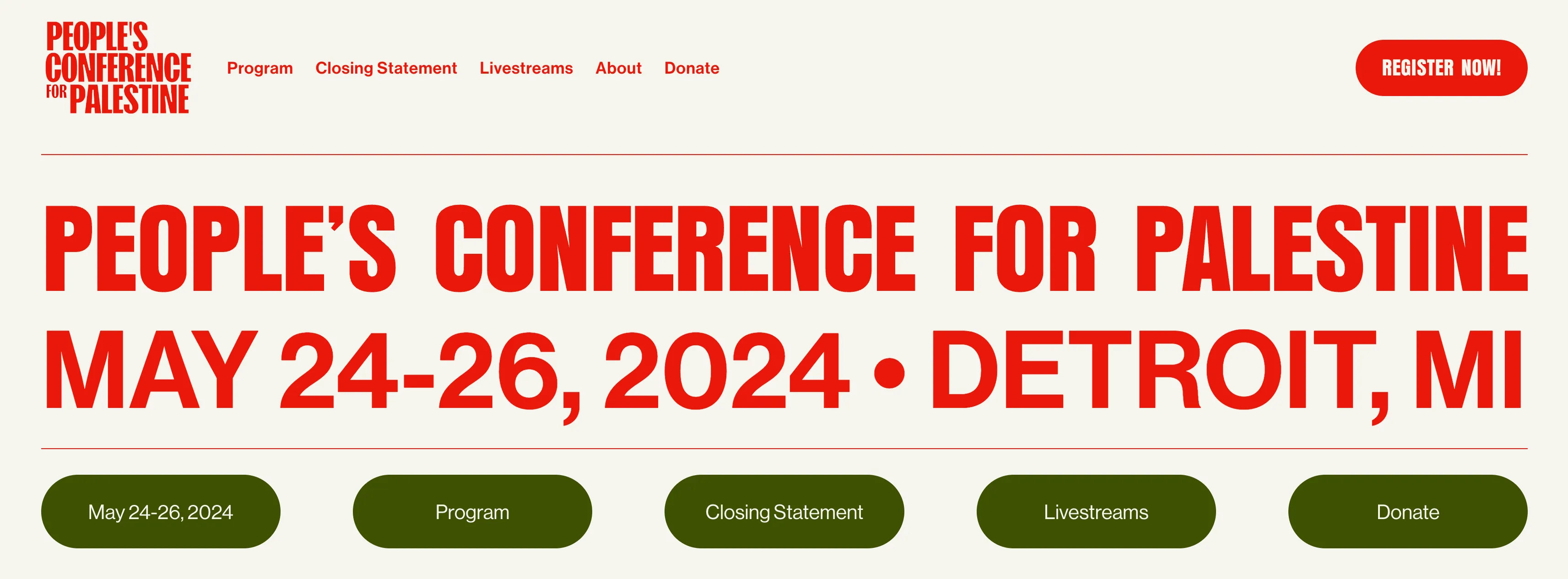
The conference speakers reflected upon the strategies that the Palestinian movement has refined over decades, while also providing a platform to analyze progress made in the last year and discuss the next steps for the movement.
The conference was open about its agenda: to coordinate a mass movement to cause the collapse of America from within. The welcome message on its website reads: "Our goal for this conference is to provide a space to evaluate, strategize, and prepare for the requirements of the next phase of our struggle."
The website also includes a warning:
"All backers of Zionism, Israel, and US imperialism have been put on notice."
Fifteen organizations composed the steering committee of the Conference: The Palestinian Youth Movement (PYM), National Students for Justice in Palestine (NSJP), The US Palestinian Community Network, The People’s Forum, Al-Awda, the Palestine Right to Return Coalition, US Campaign for Palestinian Rights, Palestinian Feminist Collective, Answer Coalition, Arab Resource and Organizing Center, International Jewish anti-Zionist Network, Writers Against the War on Gaza, Healthcare Workers for Palestine, Palestine Popular University, Palestinian American Women’s Association, and The National Alliance against Racist and Political Repression.
Over 300 anti-Israel organizations endorsed the conference, including multiple Students for Justice in Palestine chapters, American Muslims for Palestine, Samidoun Palestinian Prisoner Solidarity Network and Jewish Voice for Peace.
The conference featured PFLP operative Wissam Rafeedie as a speaker. He participated remotely because he was denied a visa to the U.S.
Congresswoman Rashida Tlaib
Congresswoman Rashida Tlaib (D-MI) made an appearance at the conference, using her speech to promote civil disobedience and spread lies and propaganda about the Israeli government. Tlaib encouraged the conference attendees and the anti-Israel movement as a whole in her speech, proclaiming: “I don't need to tell you that you're on the right side. I don't need to, but I'll be damned if I wait 10 years before they apologize to all of you for doing what was right at this moment.”
Tlaib concluded by saying, “We have to march. We have to boycott. We have to do civil disobedience ... We're gonna march and we're gonna move Congress and we're gonna move the White House because they have no other option. We're not going anywhere. Thank you so much.”
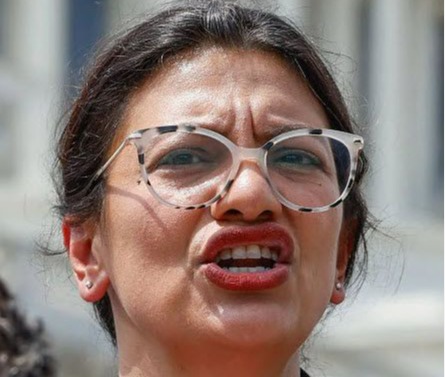
Jeremy Corbyn, a former British member of parliament and leader of the Labour party, joined the conference via a pre-recorded video welcoming conference attendees.
The keynote speaker at the conference was the widow of deceased terrorist Walid Daqqa. Daqqa, a Palestinian-Israeli citizen died of terminal cancer in his 38th year of incarceration in an Israeli prison. He was convicted for his commanding in the PFLP’s kidnap, torture, disfigurement, castration and murder of a 19-year-old Israeli soldier Moshe Tamam in 1984.
Conference speakers proudly identified with Hamas, Hezbollah and the Iranian regime, urged attendees to take revolutionary action in order to cause chaos within U.S. political structures and plotted strategies for the violent destruction of the State of Israel.
Mohammed Nabulsi
Mohammed Nabulsi, an organizer with PYM and one of the main conference organizers, introduced the conference as follows:
“…the People's Conference for Palestine provides us an important opportunity for all of us to reflect on the work that we've done so far and so that we may craft a path forward that truly brings this Zionist state and its military and its imperialist backers to their knees.”
Nabulsi further defined the goal of the conference in his opening keynote speech:
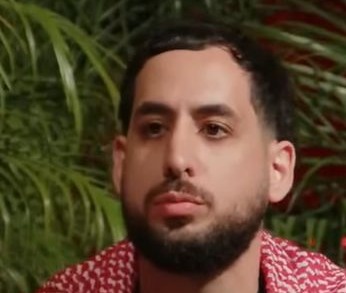
“...serve as an opportunity for us as a movement to develop shared politics, a politics that centers the condition of our people on the ground, our people's right to resist the relationship between U.S. imperialism and Zionism, the various sectors of our movement and the role of popular education and service of liberation.
“This conference will allow us to reflect on our strengths and weaknesses, on our achievements and failures. It will allow us to develop greater political cohesion and understanding across the movement. It will allow us to chart a path forward of resistance and struggle within the belly of the beast.
“This conference is an opportunity for us to consolidate and concretize what our resistance will look like, to develop shared vision and understanding of what our role must be.”
Speakers emphasized the successes of the student and activist-led movement across the U.S. and the world since October 7 and the need to plan the next stage.
Taher Herzallah
Taher Herzallah, associate director of outreach & grassroots organizing for AMP was a main organizer and key speaker at the conference.
He explained, “For me, the most important thing is the longevity and the maintenance and the growth of our powerful movement. And the things that threaten those are numerous.”
Herzallah added: “We are an integral part of the Palestinian liberation struggle and the people who came to North America, the Palestinians who came to the United States, understood their role immediately upon arrival.”
He continued, “...I want to make it clear that the Palestinian diaspora in North America has committed its martyrs for this cause.”
Herzallah further explained, “We must expect Zionists to be Zionists. We must expect Zionists and the U.S. government to intensify their attacks on all of us. This is a given. The world has changed in ways that does not suit them. And they are going crazy realizing that they've spent all these years and billions of dollars to prop up this project of theirs. And they're still losing.
They're losing a public narrative battle.
“They're losing their ability to control us. And this means that now the gloves are off and quite frankly anything is possible. I caution you of the days to come. Because they will not be easy. There are people among us today who might not be with us next year at this conference. And this is a reality. Because the liberation struggle requires sacrifice. And I know everyone here is prepared to make that sacrifice.”
Anti-Zionism to Anti-Americanism
The movement views anti-Zionism as a gateway to their broader anti-American ideology, with the destruction of Israel viewed as the first step in dismantling Western hegemony. It perceives no redeeming value in America, advocating instead for its complete destruction rather than reform. Organized and highly motivated, the movement is against Western values and works systematically to undermine them.
Speakers at the People's Conference for Palestine frequently emphasized that their ultimate goal is not only the defeat of Zionism but also the dismantling of Western power structures.
The following quotes demonstrate the movement’s goal of dismantling Western hegemony, starting with Israel and ending with the U.S.:
“We know that Zionism has killed us, has displaced us, has destroyed our lives in Palestine. And the long tentacles of Zionism have always reached deep into the American heartland. Like no other place in the world. Zionism has penetrated the depths of American society, economics and politics for decades.” (see video)
“In North America on Turtle Island, the Palestinian people who were forced into diaspora, even prior to the advent of the State of Israel, have been a thorn in the side of the Zionist project and American imperialism for quite some time.” (see video)
Yara Shoufani, PhD student at York University and an organizer with PYM
“And, of course, we know that the United States is also trying to destroy Palestinian revolution, not only in Palestine but also here. We have seen police repression, we have seen surveillance, I mean, we had visas just for a conference, this conference, we had visas denied for speakers. And so we know that U.S. Empire is trying to actively intervene against our organizations, against our movements. And this attempt to crush Palestinian revolution here actually should tell us just how powerful we are, and just how much we scare them, because the Palestinian revolution is a gateway to struggle, and it radicalizes us and shows us clearly who our enemies are. We have comrades in the movement, who a year ago may have illusions about reforming U.S. Empire and today through the Palestinian revolution, see clearly that there is no reforming the U.S. empire.” (see video)
Raja Abdelhaq, Muslim Palestinian political activist, community organizer and researcher
“... Israel is the first line of resistance, the first line of defense, for the American empire.” (see video)
Brian Becker, national director of the ANSWER Coalition
“... our goal is transformation, not just on Palestine, but to eliminate a system of endless war, a system of colonialism, a system of imperialism and to create a new world.” (see video)
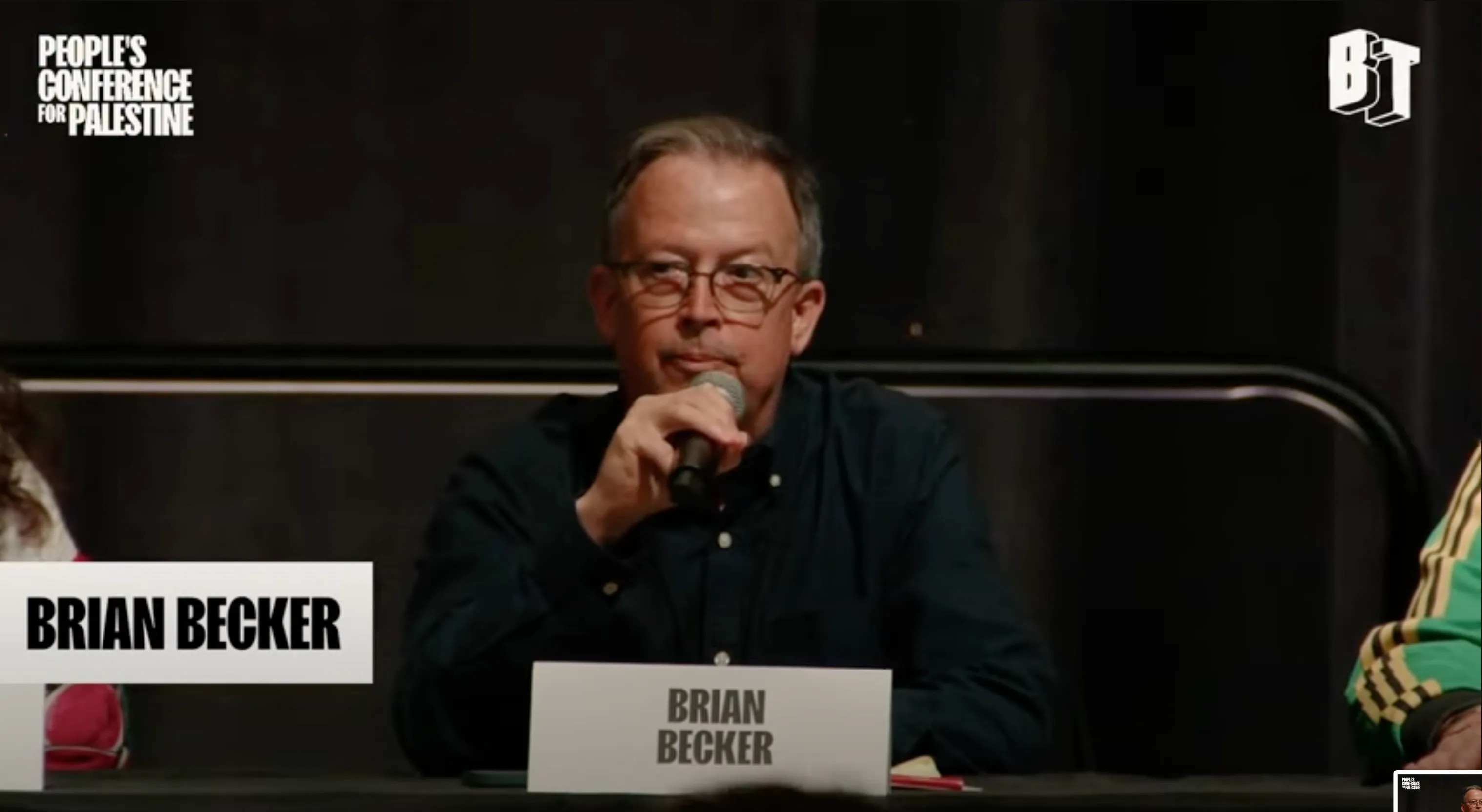
Manolo de los Santos, founder of the People’s Forum, researcher at Tricontinental: Institute for Social Research
“We know more than ever that the Palestinian movement in the United States is serving as an anchor for our larger mass anti-imperialist movements. (see video)
Mohammad Nabulsi, organizer with the Palestinian Youth Movement
“I believe that the strategy, though it hasn't been articulated, or even coherent in this way, was to wage a battle on every front, agitating and implicating the broader institutional life within the West.” (see video)
Ghassan Abu-Sittah, Palestinian-British doctor (banned from entering EU countries), who spoke at the conference via video conference because he was refused a U.S. entry visa.
“The genocidal project seems to be like an iceberg, where Israel is the most visible tip of the iceberg. But the rest of the genocidal iceberg is made out of these countries that constitute the axis of genocide, the United States, the United Kingdom, France, Germany, Canada, Australia.” (see video)
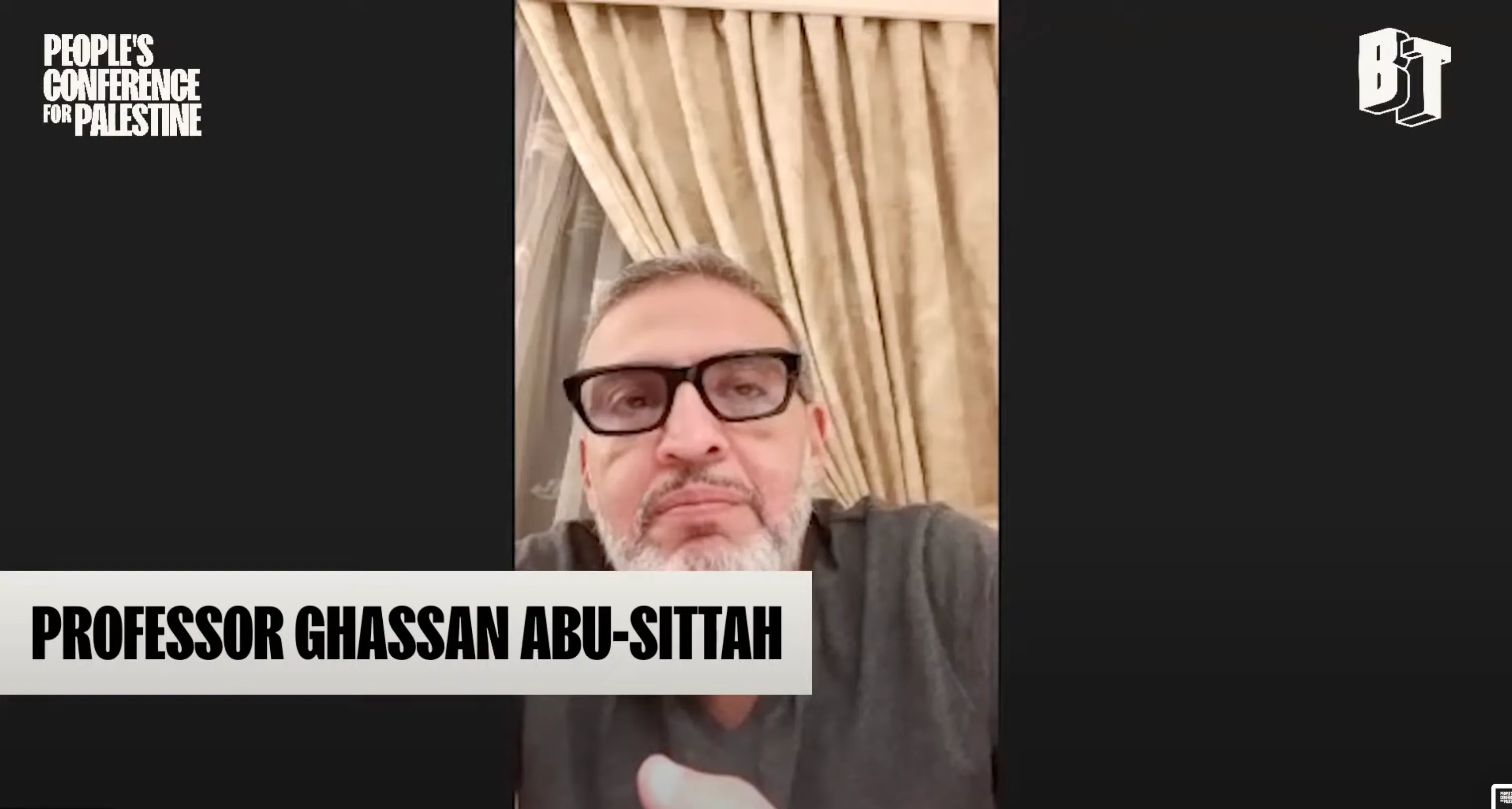
Anti-American Rhetoric of the Movement
The anti-Israel movement calls the United States "Empire," "the beast" or "the enemy" in its strategic discussions. Their rhetoric often incorporates terms like "colonial," "imperial" and "capitalist," casting America as a symbol of global oppression and positioning their cause as part of a broader anti-imperialist and anti-capitalist struggle.
The following represent key quotes from the conference that highlight anti-American rhetoric:
- Nadya Tannous
“We are here because we've been moved to action. And this panel y'all is talking about what is next. To strike at the heart of Empire.” (see video) - Mohammad Nabulsi
“We're in the belly of the beast, we're in the heart of U.S. Empire.” (see video) - Ibtihal Malley, graduate student and organizer with PYM
“We have a commitment to strengthening ourselves as organizers, and strengthening our movement, especially right here in the belly of the beast.” (see video) - Rama (Ali) Kased, community organizer, writer and assistant professor of race and resistance studies at San Francisco State University
“As trained organizers, activists, agents for Palestinian liberation, this panel will allow us to ask the questions about our time, place and conditions here in North America, in the U.S., the belly of the beast, the heart of Empire.” (see video) - Yara Shoufani
“This moment they are shaking. Our organizing can bring imperialism into crisis and our organizing is bringing imperialism into crisis.” (see video) - Hana Masri, researcher, educator and organizer with the Palestinian Youth Movement
“Because we are here in the belly of the insatiable imperial beast, we know that we have a very particular role to play in the struggle for Palestinian liberation, and for all people's freedom from the cruelty of the colonialist capitalist world order that our government is so directly responsible for.” (see video) - Manolo de los Santos
“We are here to tell them, to tell our enemies, that we are organizing our anger, that we are building out of this movement, out of this moment, out of this conference, a real mass anti-imperialist movement in the belly of the beast.” (see video) - Celine Qussiny, organizer with PYM, former leader of SJP University of California, Irvine
“We will be hitting Empire where it hurts most, so we invite you all to join us in this campaign.” (see video)
“We know that the power of the people can and will bring Empire to its knees.” (see video)
Open Advocacy for the Destruction of the West
The anti-Israel movement has long glorified violence and terrorism as rightful and necessary elements of their “resistance,” often expressed through the chants popularized by the extremist anti-Israel group Within Our Lifetime (WOL), which advocates "Palestinian resistance and liberation By Any Means Necessary."
“Resistance and liberation” is not limited to Israel; it extends to the West as a whole, primarily targeting the United States. The rhetoric emphasizes the destruction of both America and Israel as interconnected goals, pursued “by any means necessary,” including outright violence.
This approach parallels the Iranian calls of "Death to Israel" and "Death to America," where the destruction of both entities is seen as inherently linked, with these slogans consistently chanted in unison to symbolize their shared ideological objective.
Throughout the People's Conference for Palestine, speakers expressed this ideology explicitly:
- Layan Fuleihan, education director of The People’s Forum, editor of 1804 Books in New York City
“There can be no mistake that US imperialism and Zionism represent a project of death. And the people, those of us in this room, the mass movement for Palestine, the billions across the globe, who share this vision, we represent a project of victory.” (see video) - Taher Herzallah
“In the United States, Palestinians and our allies have been fighting a difficult and deadly war against Zionism for more than a century as well.” (see video) - Raja Abdelhaq
“What was really essential in this conversation today is the 1979 Islamic revolution and Iran. It not only put an end to American and Western hegemony in Iran, at large, but also gave a kind of renewed spirit to a revolution against Western hegemony from an Islamic perspective…
“Since then, I think it was made clear that Iran as a country, as a state, as a model of revolution against Western hegemony...created an amazing or very close relationship with the Palestinian leadership, specifically at that time with Yasser Arafat as the de facto leader of the Palestinian struggle, and later with Hamas, Islamic Jihad, the PFLP and other Palestinian factions.” (see video)
Strategies and Tactics of the Movement
The People’s Conference for Palestine featured numerous sessions outlining the various tactics used by the movement. One of the key sessions, titled "Palestine and Internationalism," featured Manolo De Los Santos, who emphasized the need for a multi-faceted approach to bringing “down this empire [the United States]”:
“Our struggle for liberation is not going to be won in one battle. It's not in one moment, it's not in one day, it's not in one confrontation, and not with one tactic. Our liberation will be won with the accumulation of all efforts of all struggles, the bringing together of the fight to end the U.S. blockade on Cuba and Venezuela.
“We have to bring down this empire with 1 million cuts. And those 1 million cuts have to come from every sector of struggle in this room.” (see video)
Three-Pronged Strategy
The Palestinian movement worldwide has employed and adopted a multi-faceted strategy originally used by the anti-apartheid movement in South Africa.
The strategy involves:
- Garnering International Support
- Mass Mobilization
- Armed Struggle
The pro-Palestinian movement in America has implemented these tactics in the form of mass rallies, open support for "resistance" (a euphemism for terrorism), shutdowns of critical infrastructure, campus protests, and targeting of politicians—all with the aim of weakening the United States from within.
During the "Palestine and Internationalism" session, Mandla Radebe, associate professor at the University of Johannesburg and chair of the South African Communist Party in the Gauteng province, discussed these three pillars. Though intended originally for anti-apartheid efforts, Radebe indicated that the Palestinian movement is applying the same tactics—albeit with the objective of far more destructive purposes.
“It is precisely the reason why we believe that international solidarity as one of the pillars of the struggle that helped us to defeat apartheid in South Africa is one of the critical things that we have to help the people of Palestine with. Of course, our struggle stood on three legs.
“In particular, it was the international solidarity, it was the mass mobilization inside the country, but most importantly, it was the armed struggle, because if the enemy refuses to die, it must be killed.”
This model is being actively applied to further destabilize Israel and its Western allies.
International Support
On the surface, gaining sympathy and support for an internationally designated terror organization—one that recently committed the worst massacre of Jews since the Holocaust, committed brutal war crimes, murdered mothers, fathers, elderly, children and babies in cold blood, and took hundreds of Israeli and foreign nationals hostage—might seem like a nearly impossible task.
Yet, the movement has found ways to influence the narrative. Both globally, and in America, it has been enormously successful.
Anti-Israel activists understand their significant role in warping public perception of the conflict and thereby apply international pressure on Israel. An essential aspect of this support has been driving a wedge between Israel and its Western allies, particularly the United States.
Nadya Tannous, a PYM organizer and moderator of the "Palestine and Internationalism" session at The People’s Conference for Palestine, opened with the following remarks:
“We opened this conference three days ago with a plenary on Zionism and imperialism, y'all remember that? And we opened with an analytical grounding, to identify what we're up against, and we never forgot. But the question as we close is, what do we do with this?
“And the answer is internationalism, because together we fight our enemies. We can strengthen the movement that breaks imperialist alliances, like the one between the US and Israel, and together we can win this.”
Another significant voice at the conference was Mustafa Barghouti, who spoke during a session titled “The War on Palestine.” Barghouti – the secretary-general and co-founder of the Palestinian National Initiative, Member of the Palestinian Legislative Council (PLC), and president of the Union of Palestinian Medical Relief Committees – was denied a visa to the U.S.
Barghouti detailed the crucial role for the Palestinian diaspora, highlighting three key “arenas” of focus:
“And there are three arenas which I feel are very important for our diaspora. The first one is to continue to bring to everybody in the world the true narrative about the reality of Palestine, and the true narrative about the heroism and the struggle of the Palestinian people.
“Second, it's to do everything that one can do to influence the people with media, with social activities and especially to influence the younger generation.
“And third, to transfer this wonderful and amazing energy that we have seen in different universities, that we have seen in the streets of different cities in the United States, to transform all of that into a powerful boycott, divestment, sanctions movement against the Israeli establishment in every possible way. BDS is the way, boycott divestment sanctions is the way to translate solidarity into a material effect that affects Israel. And it is a movement that is growing worldwide now everywhere in the world, in Europe, in Asia, and Latin America, and North America, everywhere.”
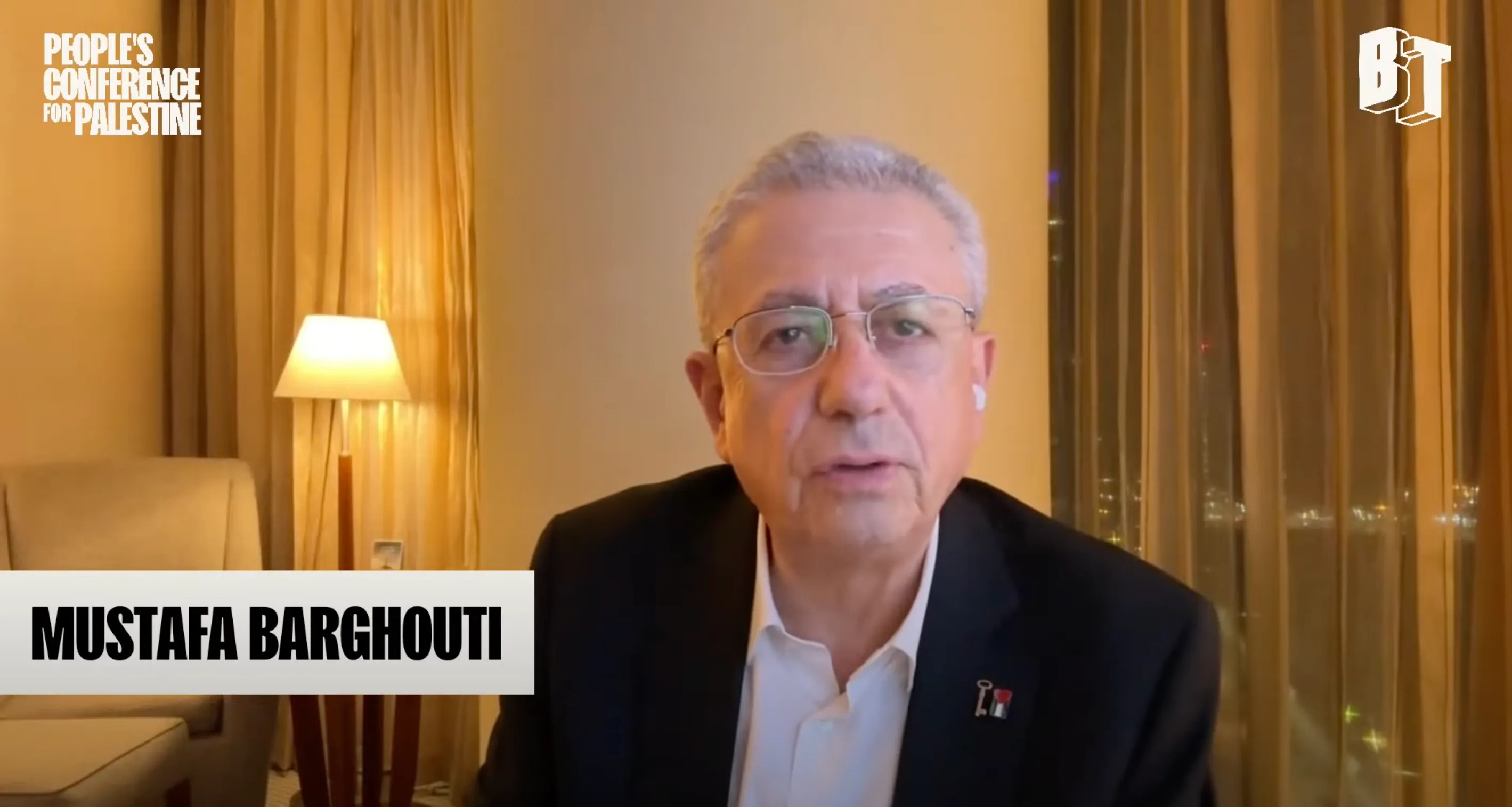
Targeting Political Structures
A key aspect of leveraging international support involves targeting political structures in the West, particularly the American ruling class and the Democratic Party. The movement seeks to generate social and political crises that weaken U.S. policy and support for Israel. Speakers at the conference emphasized these tactics as instrumental in challenging the Biden-Harris administration and creating divisions within the political establishment.
- Mohammad Nabulsi:
“I believe our fundamental role is to generate political and social crisis within the American ruling class… What does it mean to generate crisis for the ruling class of this country? It means to make this continued prosecution of this war politically, socially and economically untenable.
“...It means to create further divisions, ruptures, conflicts, problems for and amongst the Western ruling class, the Biden administration, the Democratic Party and the base of the Democratic Party. In my opinion, this is the main constellation of actors, organizations, and forces that we have actually targeted. I believe that most, if not all of the tactics utilized can be understood through this framework as creating and generating crisis.” (see video)
“In my opinion, what we've seen these last eight months, is that all of the strategies pursued have benefited us…I'm not big on electoralism, I'm not big on…the Democratic Party…But I've also now understood that the role of the Uncommitted Votes movement…” (see video) - Layan Fuleihan:
“Just a month ago, this movement, this very same movement that's brought us all in the room together, created such a political crisis for Biden at the White House that he actually went in public, and said that the invasion of Rafah would actually be his red line. And that he would consider stopping the shipments of weapons to the State of Israel.” (see video)
Intersectional and Strategic Alliances
Establishing intersectional and strategic alliances with a wide array of groups, including minority groups, Marxist/Leninists, feminists, LGBTQ organizations and Indigenous advocacy groups, is a key component of gaining international support.
These alliances create the facade of a united front against Western and Zionist influence while positioning the Palestinian struggle as part of a broader global resistance against oppression and imperialism. The movement emphasizes that solidarity across different struggles amplifies their collective strength, enabling them to challenge powerful state structures, particularly the United States and Israel.
Ibtihal Malley, a PYM organizer and former member of SJP and Columbia University Apartheid Divest, spoke about the importance of solidarity in maintaining strength against “the U.S. empire.”
“I think it's important that we push back against this narrative that our movement is fragmented and recognize that as the more unified we are, the stronger our movement is, and the bigger threat that we present to the US empire and our complicit institutions.”
Ghaied Hijaz, a student at Birzeit University in Ramallah, emphasized how crucial these alliances are:
“As Palestinians and allies we need to continue organizing and fighting on every front—in the campuses, in the streets, and on the battlegrounds of academia, law, media, and every other front. The continuation, accumulation, and diversity of the confrontations are the only way to pressure the United States and the Israeli occupation to halt this extermination.
“Either we fight the battle together as united free people or we are slaughtered individually under the fangs of the oppressive system of tyranny and injustice.”
This concept of solidarity was echoed by Wisam Rafeedie in Session 8: “How Do Movements Achieve Transformation.” Rafeedie highlighted how alliances can be formed across struggles based on shared experiences of oppression:
“As for the racially discriminatory Zionist policy, a common denominator can be achieved with all those who are and still part of the struggle against racial discrimination against Black people…a common denominator can also be achieved with the Indigenous populations of the US, this land, who were subjected to the most horrific genocide in history.
“...a common denominator can also be reflected with the poor migrants of Latin America, which is also a class-based struggle because they suffer from a policy of impoverishment and class exploitation by the capitalist class.”
Dominico Vega, secretary-general of Anakbayan USA, spoke at the conference during the Palestine and Internationalism session, highlighting how the Palestinian struggle serves as a model and a source of inspiration for other movements:
“Even us being invited here as Anakbayan USA, has been such a great privilege to be able to hear the lessons that the Palestinian movement for liberation has learned in the past eight months. It has been a great boon to us, and something that we'll definitely have to discuss as a movement, or as ourselves as Filipinos, to see how we can continue to wage joint struggle against US imperialism.”
Vega provided a closing statement during the same session that reinforced the significance of international solidarity as a core tactic:
“Let's remember that one of the most powerful tools that we have is international solidarity. And one of the most concrete ways that we can express international solidarity is by waging our own struggles for national liberation and winning them. Long live international solidarity!”
The impact of this international pressure became particularly evident on the first anniversary of October 7th. Gal Hirsch, the Israeli government hostage point-man, emphasized how international actions are influencing negotiations with Hamas. Hirsch highlighted how global pressure undermines Israel's ability to make progress on hostage deals:
“There is a direct and immediate connection between pressure on Israel and Hamas’s appetite for negotiations [for a hostage deal].”
“When there is international pressure on us, in the UN for instance, in the Security Council, from different government officials, from the International Criminal Court, from the International Court of Justice, in the hope of taking advantage of tensions between us and Iran, or between Hezbollah… and us, the idea of ‘no daylight between us and our allies’ is important. Very important.”
“Hamas identifies every ‘daylight,’ every sliver of light, and whenever it identifies ideas like ‘we won’t give you ammunition,’ arms embargos, removing reservations about the ICC, this doesn’t help us to reach a hostage deal.”
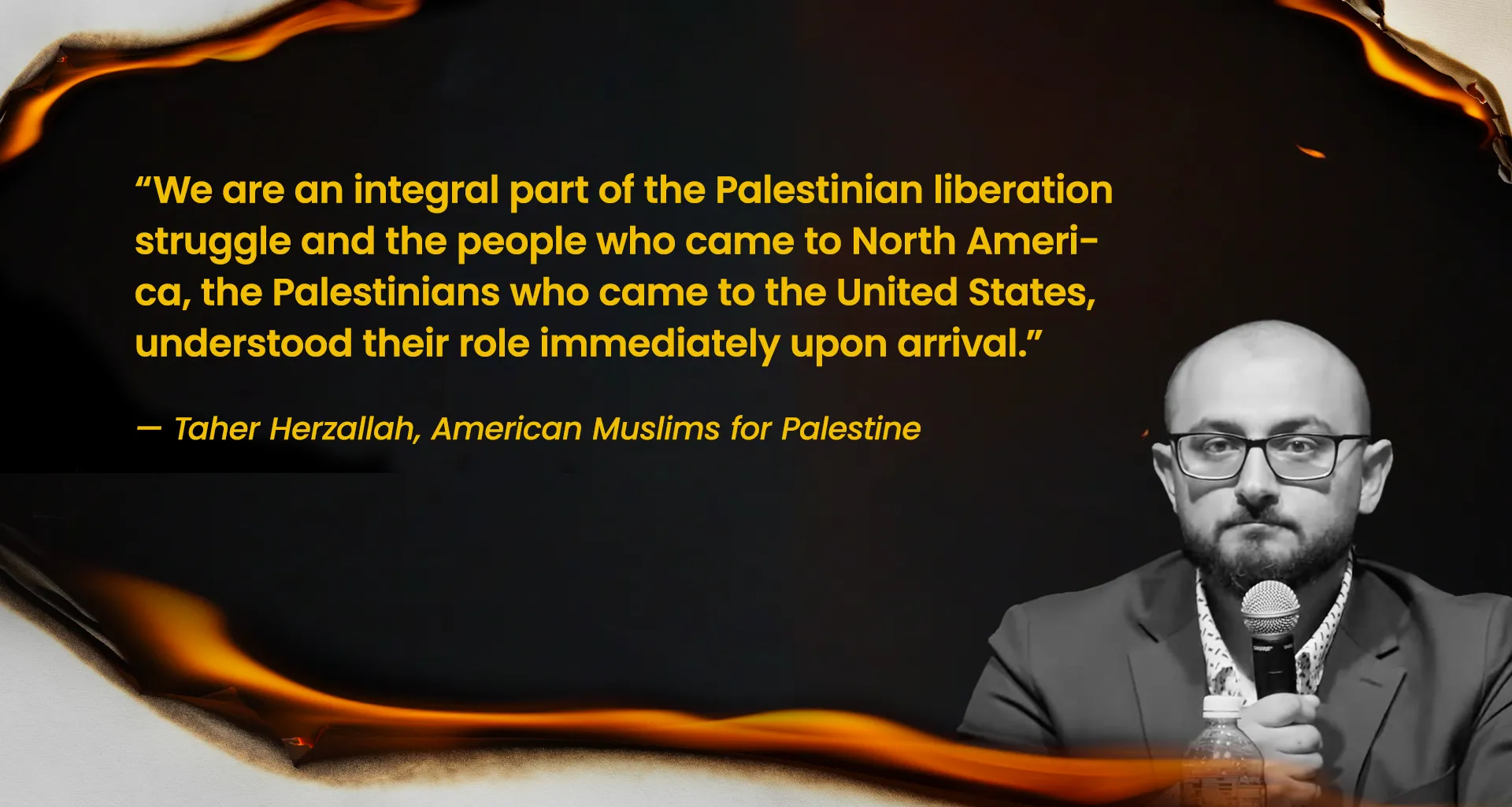
Mass Mobilization
At the People’s Conference for Palestine, mass mobilization with the aim of creating disruptions nationwide was highlighted as a crucial component in destabilizing America and the West. Flooding the streets with supporters hinders daily life. Shutting down bridges, highways, and airports falls into the category of blocking state-run roads, which is a crime, usually a state misdemeanor.
Mohammad Nabulsi emphasized the importance of mass mobilization as a central tactic during the conference:
“You all know, mass mobilizations is the primary tactic. It's pouring people, thousands and millions into the streets. Street shutdowns through unsanctioned marches, bridge and train shutdowns, airport caravans and shutdowns, encampments, building takeovers, targeting of weapons manufacturers, all of these different things, shutting down events, bird-dogging—all of the things that we've seen throughout these last eight months.”
Yara Shoufani also spoke about the disruptive power of mass mobilization:
“You've marched in the streets and you've disrupted politicians in their workplaces and in their homes. You've shut down bridges, highways, and airports… You have disrupted the sham of U.S. democracy, initiating the largest percentage of uncommitted votes in recent history.
“We have made the situation untenable for the empire's ruling classes and the political establishment, not allowing Biden a minute of peace, making it so he cannot visit a single city, not to campaign, not to fundraise without being disrupted.”
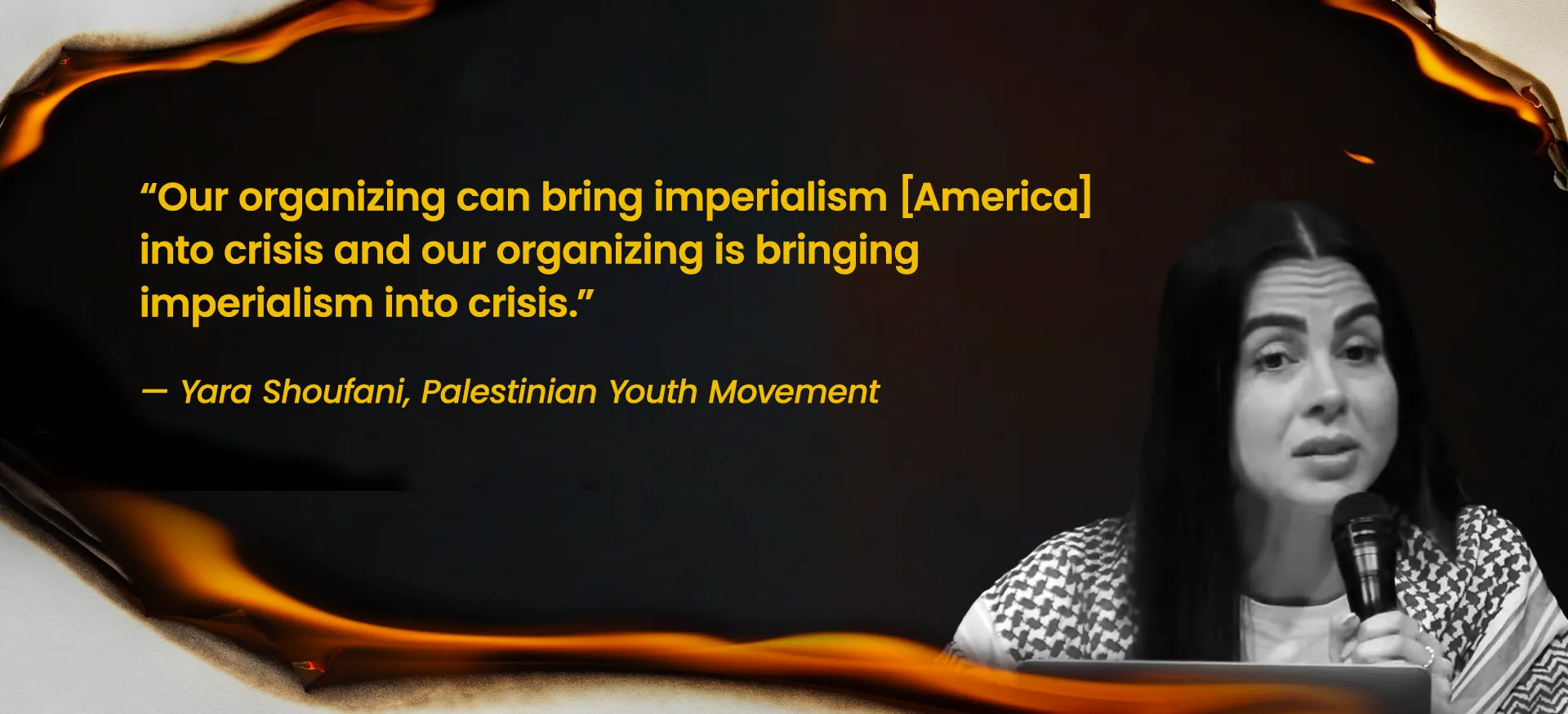
The NY-based pro-terror organization Within Our Lifetime (WOL) has been at the forefront of these mass mobilizations in the U.S., particularly in New York City. In the summer of 2021, during Operation Guardian of the Walls, WOL mastered the art of city disruptions, successfully leading shutdowns in key areas of NYC. By September 2021, WOL founder and leader Nerdeen Kiswani boldly declared:
“We don't need tens of thousands of people to shut down and disrupt this city…as long as Palestinians are resisting colonization by any means necessary, we must do the same here in New York City. We have to up the stakes!”
WOL has perfected these mass mobilization tactics, staging disruptions nationwide while continuing to wreak havoc on New York City, where it has targeted major infrastructure, including:
- Grand Central Station
- Penn Station
- The Manhattan Bridge
- JFK Airport
Fatima Mohammed, a WOL leader (who was made famous by her virulently antisemitic and anti-Israel commence address at CUNY Law School in 2023), reiterated the movement's commitment to disruption in a January 1, 2024 tweet:
“Expect us everywhere, at any time, at any day, during holidays and busy seasons—in the streets, airports, and stations. Until we get justice, this city will not rest. And if that bothers you—go cry about it to [President Joe] Biden who’s butchering our people.”
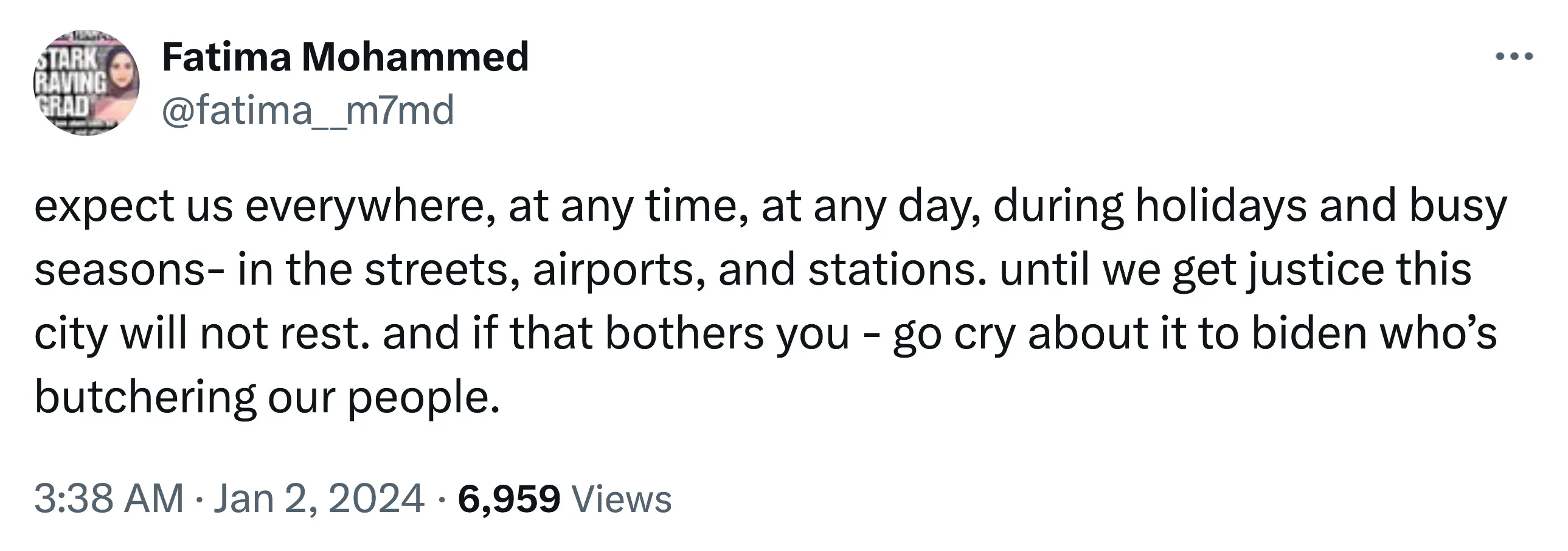
WOL’s activities are not an extension of what was discussed at the conference; they are the direct realization of the strategic goal of turning American streets into battlegrounds.
Mobilizing a Student Movement
Campus activism has become a key element in the movement’s strategy, pushing an anti-American, anti-capitalist and anti-Western narrative at American universities.
Universities have now become one of the movement's main battlegrounds, serving as the center stage for aggressive advocacy and indoctrination, particularly since the events of October 7.
Beginning on April 17, 2024, with the first encampment at Columbia University, this influence reached its peak when over 140 pro-Hamas encampments were set up at North American universities, and over 20 more globally. The encampments became known as the “student intifada,” explicitly borrowing a term associated with terrorist violence.
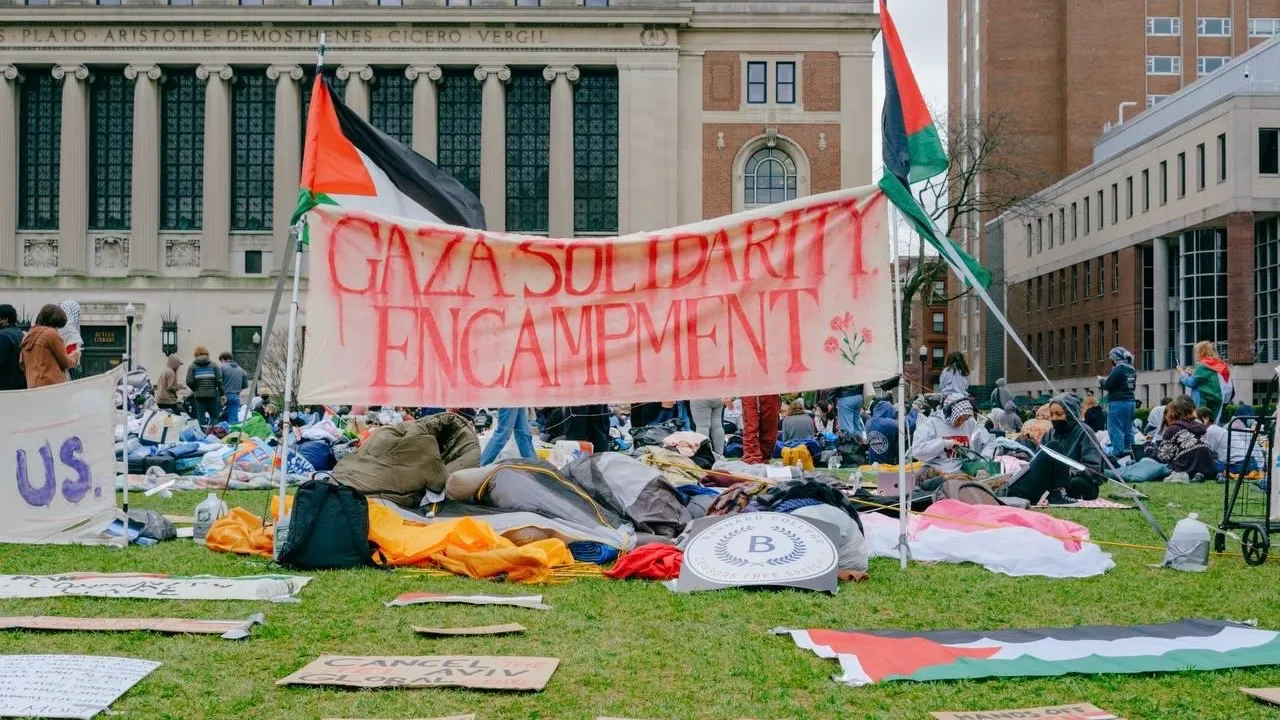
Protesters at these encampments harassed Jewish students and professors, blocked them from campus facilities and shouted antisemitic slogans. They occupied campus grounds, in most cases illegally, caused property damage, violently took over buildings, celebrated terrorism and promoted the BDS movement.
Broader Implications of the Student Movement
The People’s Conference for Palestine hosted a session titled “The Student Intifada: Zionism Off Our Campus,” which explicitly addressed the role of the student movement in the broader anti-Israel cause. Introducing the session, Mohammad Nabulsi said,
“Many of us organizers…got our start [in] the student movement. That's where we were forged. That's where we were made to become who we are today. Those were the most formative and transformative experiences of our lives. And it's important because the student movement has always produced the future leaders of our struggle, of every struggle, you know, and that includes the Palestinian struggle.”
Nidaa Lafi, the moderator of the session and a PYM organizer and former SJP officer at the University of Texas at Dallas, highlighted the impact of student movements since October 8th:
“For the past eight months and particularly the last month and a half, the student movement has played a crucial role in re-energizing the broader movements for Palestinian liberation both in the US and around the world.
“What began as a small encampment at Columbia University quickly spurred into a chain of escalations on college campuses with clear goals: ending our institutions’ complicity in the ongoing brutal genocide against Palestinians in Gaza, confronting administrations with a moral crisis, and proving to students and our society at large just how far our institutions are willing to go to protect their financial interests and protect the agenda of the empire.” (video source)
Lafi continued,
“Defining a new character for the struggle for Palestinian Liberation in the diaspora, Students for Justice in Palestine (SJP) and other student groups have risen to meet the demands of this moment, pressuring every institution and every body that is complicit in genocide and making Palestine unavoidable in every sense of the word…The student movement has historically been at the forefront of the struggle.”
Roua Daas, an SJP organizer at Pennsylvania State University, spoke about how students have used various forms of disruption to “bring the war home”:
“We have worked to agitate our campuses and to illuminate these forces. And we have done this in several ways. Students have used divestment not only as a strategy for material change—not only as a way to weaken the State of Israel—but also as a pressure point to reveal the non-democracy and the US Imperial agenda to the public.
“Students have also used mass demonstrations and disruptions on public property to capture public attention, and then force the state and police to repress us in full public view… And student organizers have encouraged other students on their campus and the general public to question or outright turn against the state.
Students have brought the war home.”
The student movement, emboldened by outside organizers and amplified by social media, has become a powerful force for the Palestinian movement. The influence and disruption caused by this segment of the movement are not merely incidental; they are strategically orchestrated to leverage educational institutions as battlegrounds to challenge and destabilize Western, particularly American, political and cultural support for Israel.
The anti-Israel movement has become a significant and growing influence on educational institutions, not only at universities but also in K-12 education, where anti-Israel activists – including but not limited to those in New York City, California and Philadelphia – are pushing their agenda on the youngest generation.
Armed Struggle
A central strategy of the movement is armed struggle. It involves both expressing support for actual terrorism and whitewashing and glorifying these violent acts to make them palatable, even admirable, to a broader Western audience.
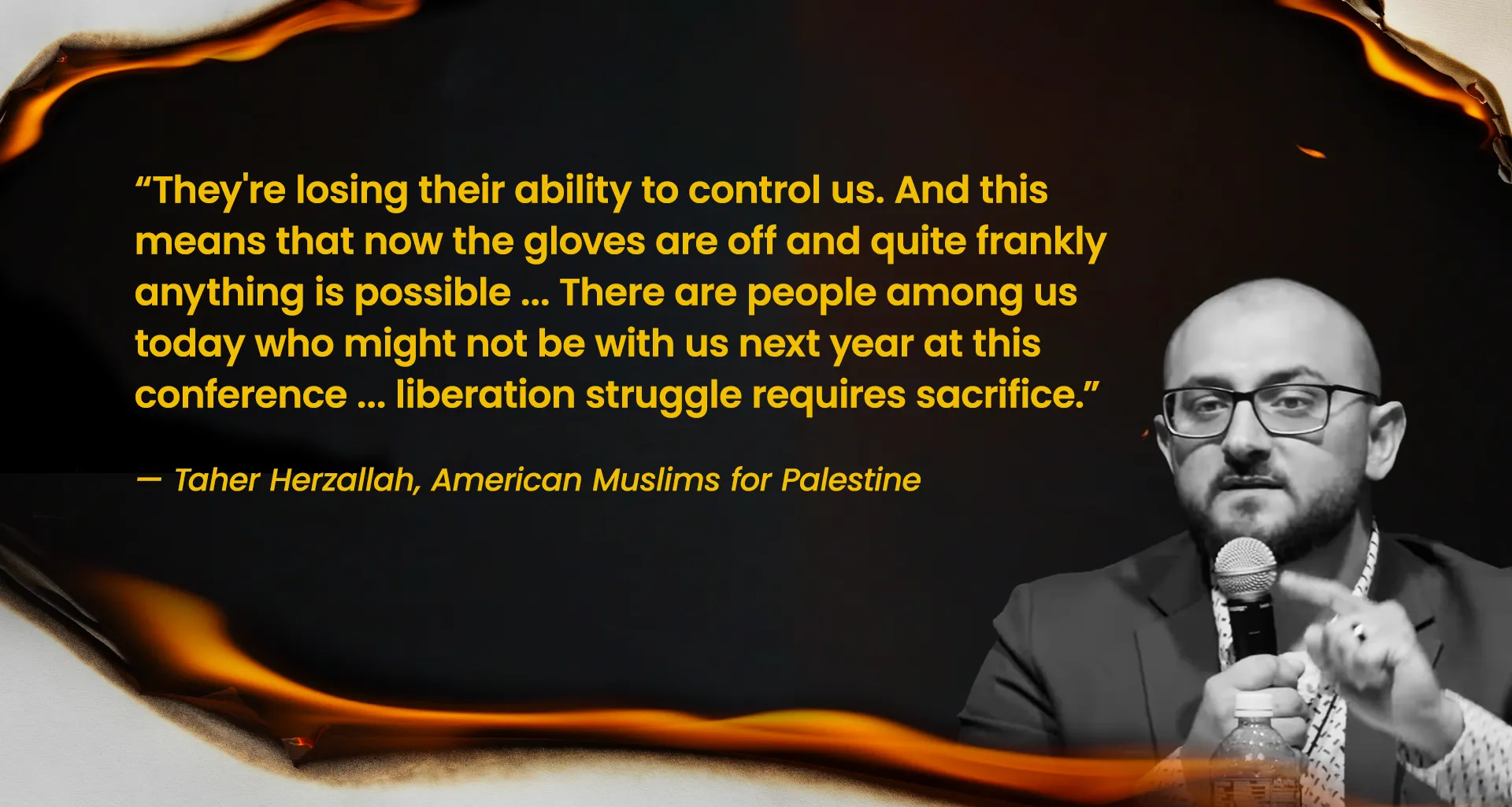
By framing terrorism as a legitimate form of "resistance" and "martyrdom" as praiseworthy, the movement deliberately avoids Western norms and definitions that identify such violence as inherently evil.
Instead, they create a narrative where terrorism becomes a noble fight for freedom, attracting sympathy and support worldwide.
This strategy began In May 2021, when WOL launched a campaign titled "Globalize the Intifada." The campaign was designed to rally support for violent resistance against Israel and call for the "liberation of Palestine by any means necessary." It explicitly embraced terrorism under the guise of "resistance," aiming to normalize it both domestically and internationally.
-1080x1080.webp)
Since the Hamas attack on October 7, this ideology has taken on a life of its own across the movement with the glorification of the horrific massacre.
WOL’s founder and leader Nerdeen Kiswani made a clear and unequivocal statement on Instagram the day of the attack pushing this narrative:
“If you support Palestine, understand that necessitates supporting our right to defend ourselves and liberate our homeland by any means necessary… Freedom has only ever been achieved through resistance.”
— October 7, 2023
According to the anti-Israel groups behind the October 8 celebrations, the Hamas massacre was a justified act of an oppressed people rising up against their oppressors. The grotesque events on the ground were reframed with the misleading slogan: "Resistance is justified when people are occupied."
The war crimes Hamas perpetrated and broadcasted in real-time on October 7 were immediately rebranded on October 8 by the movement as “resistance.”
At The People’s Conference for Palestine, these sentiments were ubiquitous and could be heard from:
- Mustafa Barghouti
“Resistance in all its forms, resistance is our right, resistance is our way, and resistance is our guarantee to succeed in our future.” (see video)
“Al Aqsa flood, which came on the seventh of October, actually represented a continuation of a true new kind of uprising that started in 2015 in the occupied territories… Regardless of how many sacrifices we had to make, in reality, what we have seen since the seventh of October is a return to the roots of the issue, to the roots of the problem, to the roots of why we are suffering as Palestinians.” (see video) - Eugene Puryear, host on Breakthrough News
“And I think it's important that we just continue to lift up the Palestinian political prisoners, to demand that they all be released, to push back against this ridiculous propaganda. They are not terrorists, they are freedom fighters, and that has to be continually underlined.” (see video) - Wissam Rafeedie
“Hamas is actually part of the Palestinian People's Liberation Movement, like all the resistance factions, both Islamic and leftist… I want to assure everyone that there is no longer a place for the two-state solution for any Palestinian. The only solution is one democratic Palestinian state on all Palestinian land, which will end the Zionist project in Palestine.” (see video) - Mohammed Nabulsi
“We begin today by extending our salutations to our people in Palestine and to our noble steadfast resistance who continues to defend our people and honors our dignity and struggle. Eternal glory to our martyrs, speedy recovery to our wounded, and freedom for our steadfast prisoners. Over the last eight months, we the Palestinian people have demonstrated to the entire world that the only way we can author our own history and to transform our present reality is the path of unity through resistance.” (see video) - Abdeljawad Omar, lecturer at Birzeit University
“Resistance, including armed resistance, inspires, like the inspiration that we take from a bomb that is being placed at the gallows of a high-tech tank.” (see video) - Raja Abdelhaq
“And these people, and this so-called Axis of Resistance, and the people around the region understand that Israel is an extension of American and Western hegemony, an extension of European colonialism, an extension of American imperialism. So, in order for us, and for the region, and for the resistance to end American hegemony in the region, to end American neocolonialism in the region, they must stand up to Israel because Israel is the first line of resistance, the first line of defense, for the American empire.” (see video) - Tara Alami
“We understand the Palestinian resistance as being formed by the freedom fighter, the militant resistance fighter. But it's also every Palestinian who chooses direct confrontation with the Zionist state…And that's what popular resistance truly means, direct confrontation with the Zionist enemy at every sector of Palestinian society, with the participation of all Palestinians.” (see video) - Yara Shoufani
“Our struggle is a long struggle and one that stands on the shoulders of thousands of martyrs and thousands of fighters who have committed and who are committing their lives to lay the ground for the revolution we see ahead of us today.” (see video)
Conclusion
This report describes the “resistance” movement in the U.S. that is focused on disrupting the American way of life and is dedicated to its destruction.
According to international and U.S. law, what this movement calls “resistance” is actually terrorism. To distort this fact is dangerous. The savagery – including violence, murder, rape and torture – committed on October 7 by Hamas was of a unique kind.
It is unconscionable that these actions and the ideology behind them are being promoted on America’s streets and campuses, especially targeting (and brainwashing) the younger generation.
While it was once considered extremist to openly call for the violent destruction of the entire West, the cadre advocating this idea has successfully normalized it in academia. It has been promoted in allied intersectional identity groups – Marxist/Leninists, Islamists, feminists, LGBTQs and Indigenous advocacy organizations.
The anti-Israel movement and their allied groups push the idea that global justice and the end of all oppression will only be brought about through “decolonization,” a code word for murder as well as the dismantlement of any system associated with colonialism or “oppressive” power. This includes the entirety of Western civilization, particularly the United States.
The People’s Conference for Palestine provided a clear window into this movement's objectives and belief system. However, it should be noted that there are many more players and extensive organizing taking place beyond the conference.
Americans should be alarmed by this movement’s stated goals and tactics. Americans should be scared by their embrace of violence and acceptance of terror.
The anti-Israel project is a gateway to their goal of bringing down the West, and they are in the process of escalating by moving into the next stage by “Bringing the War Home.”
The chaos that overtook America this past year will continue and increase unless concrete action is taken against this movement.
Speakers and Organizers
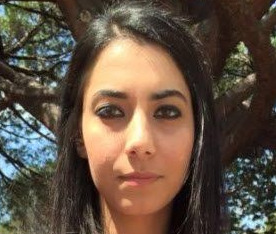
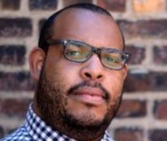
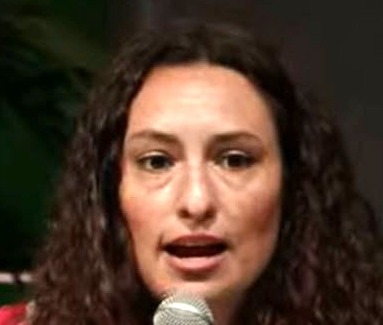
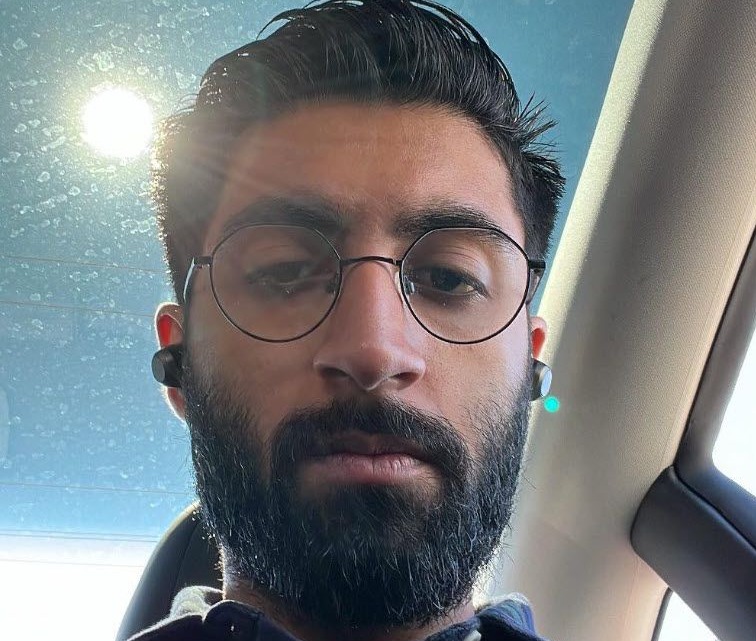
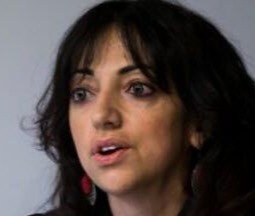
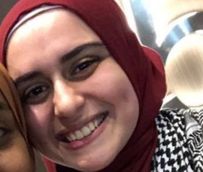
_203x172_doJZqL.jpg)
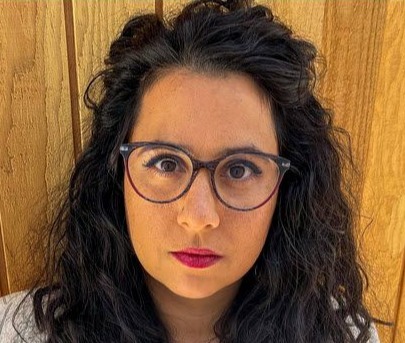
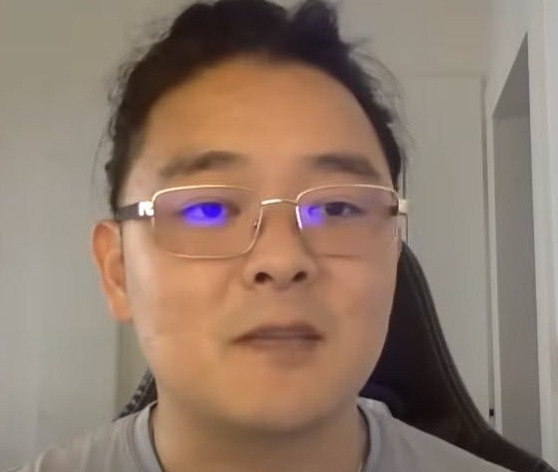

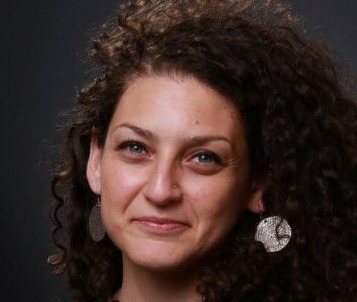
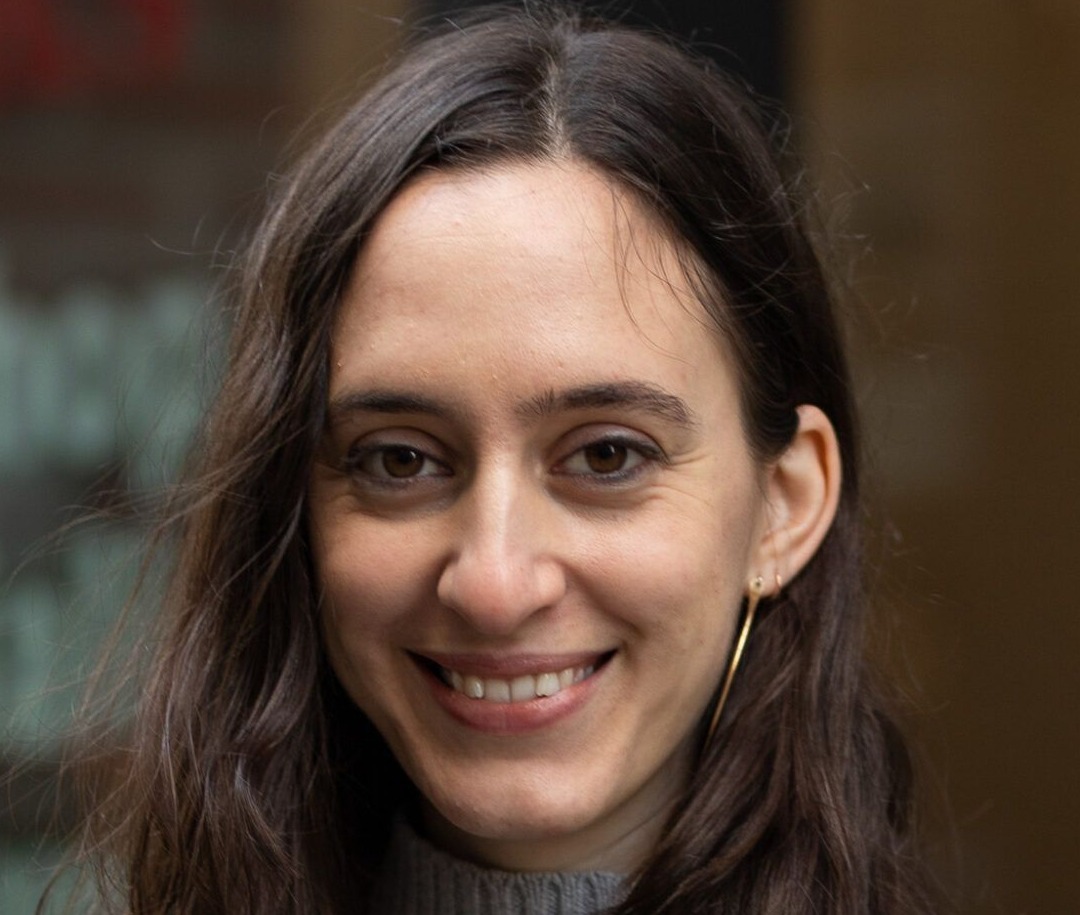

_203x172_FTl6km.jpg)



